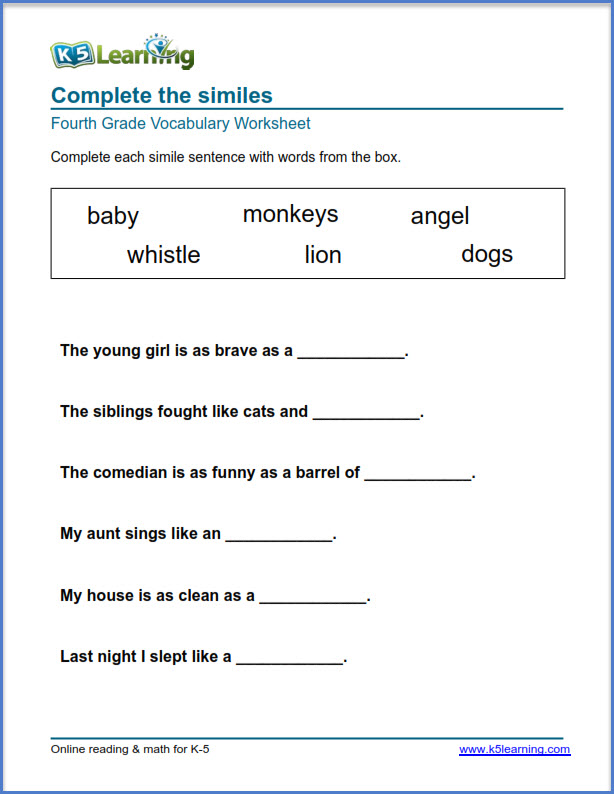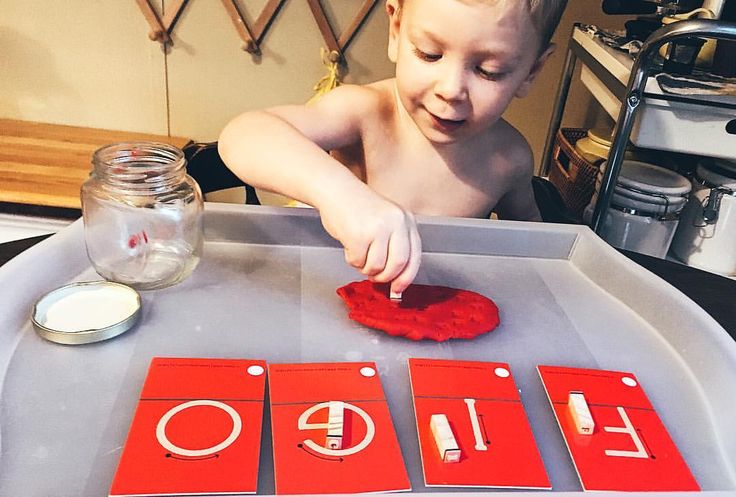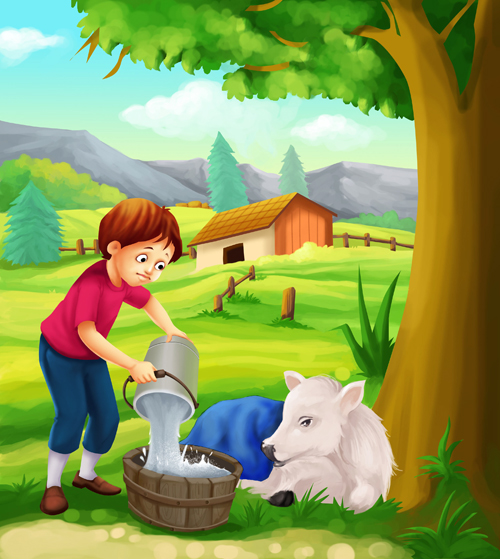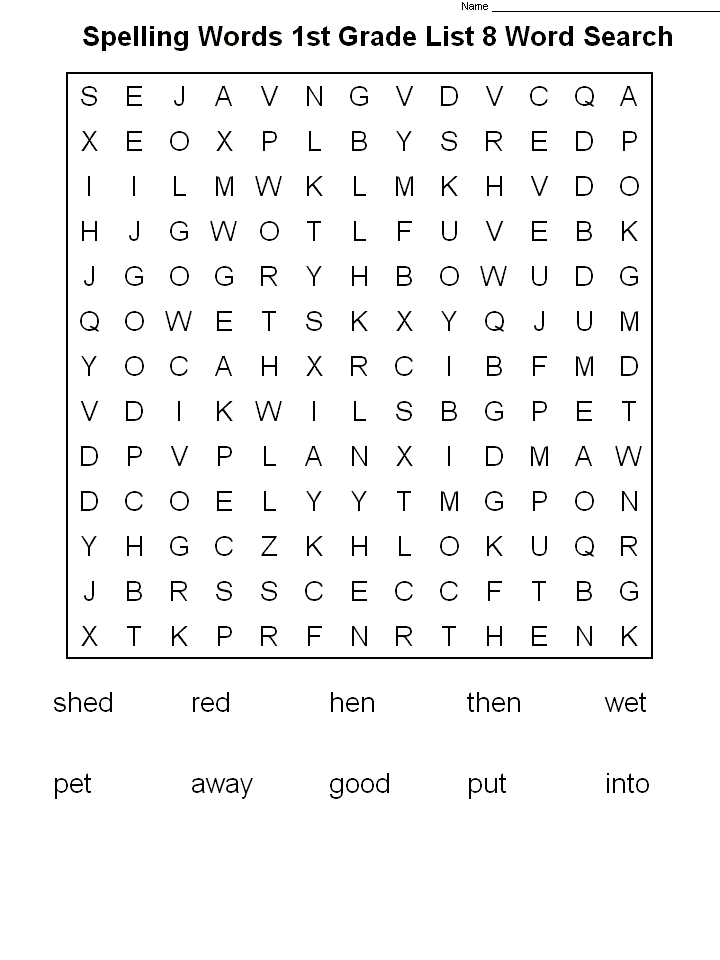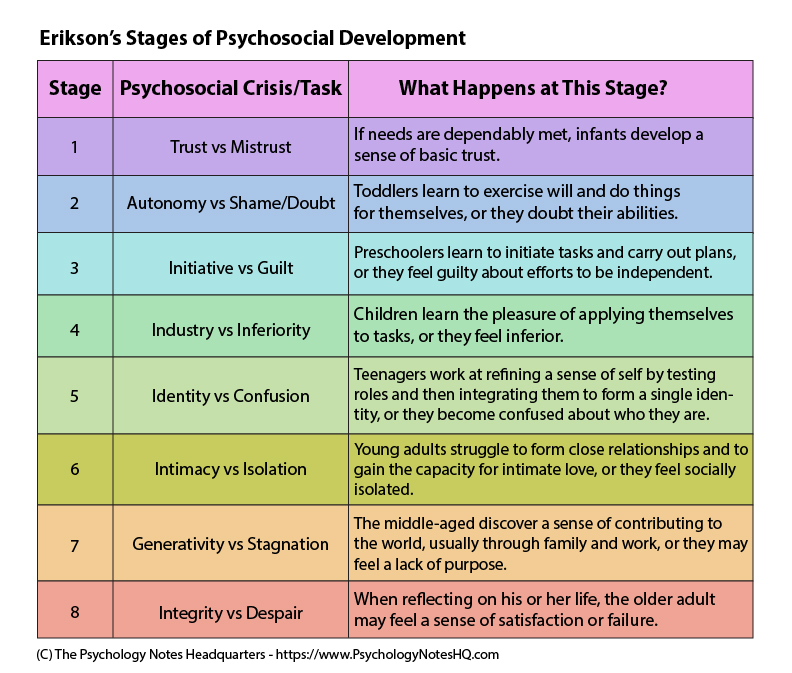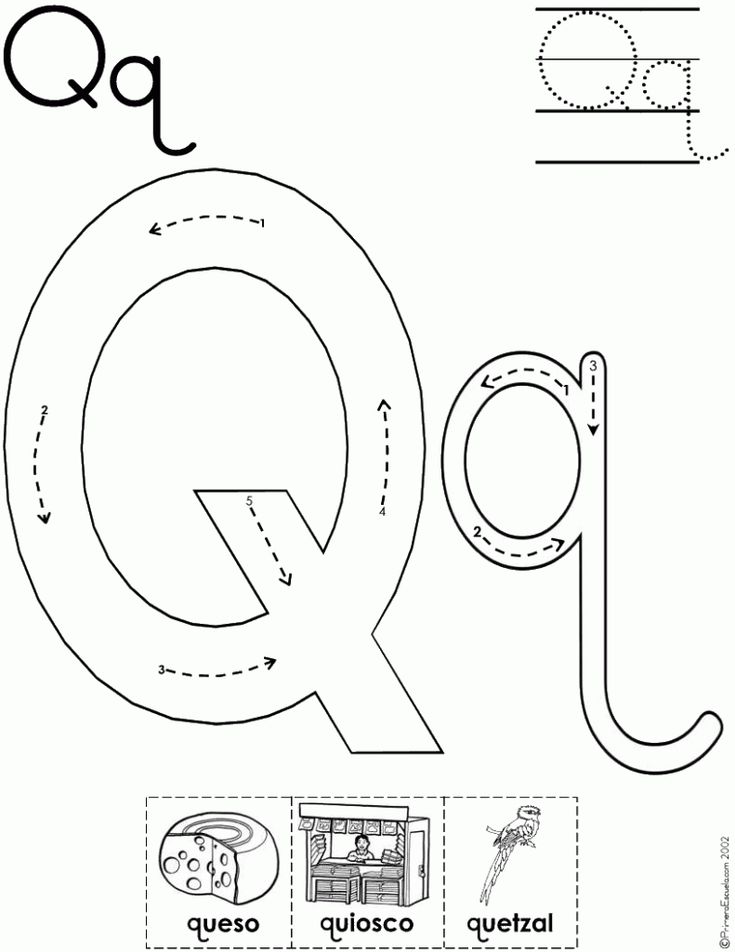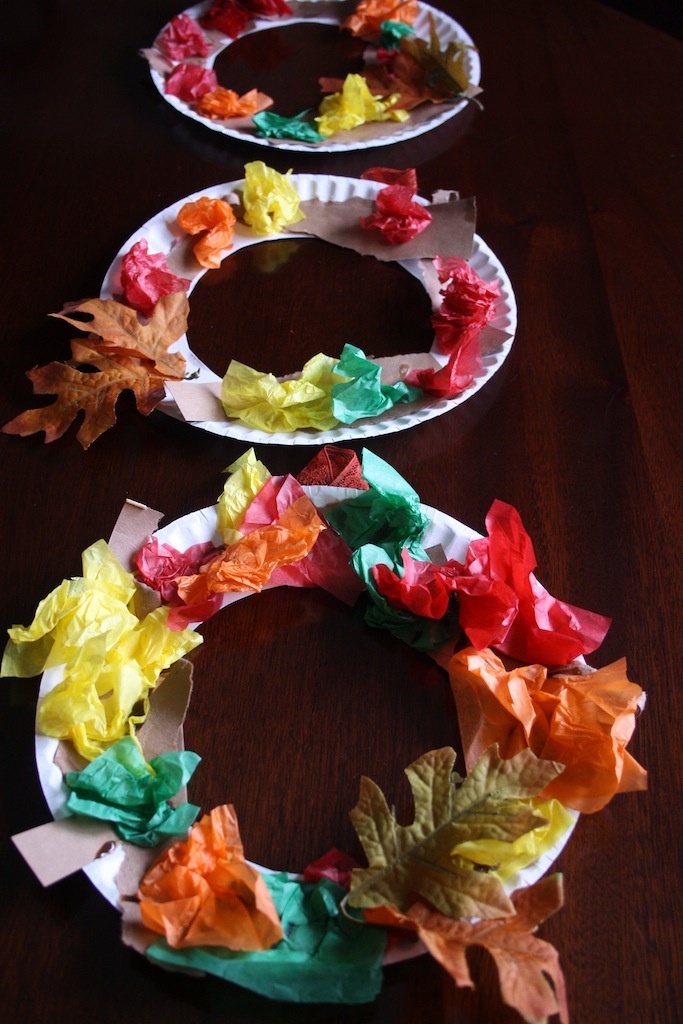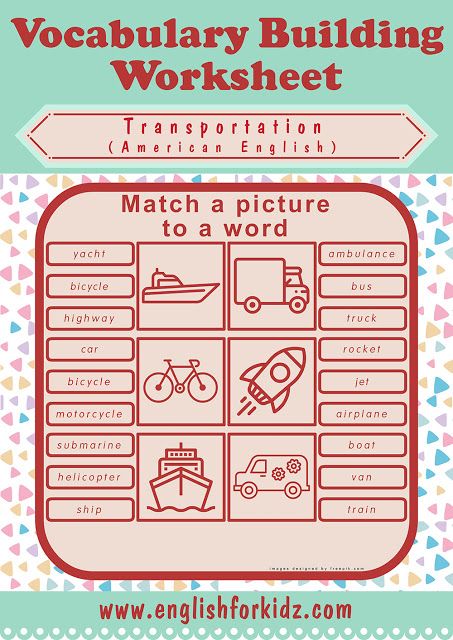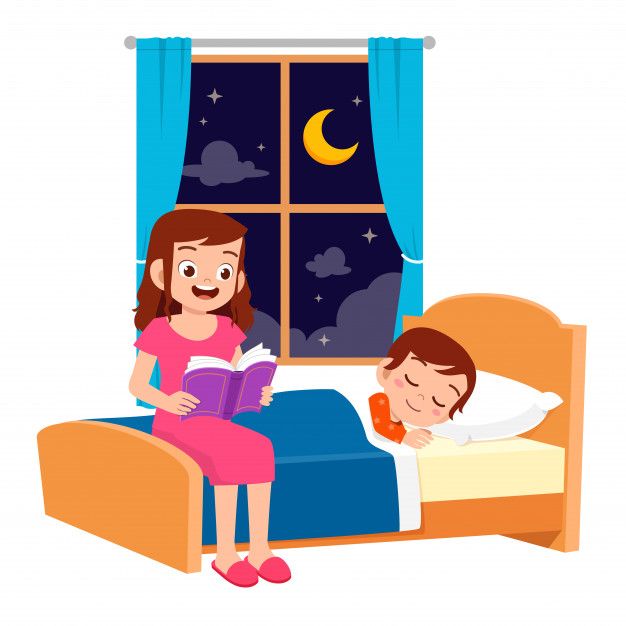Vocabulary games for 4th graders
10 Vocabulary Games for Elementary Classrooms
This post was originally published on Diary of a Not So Wimpy Teacher.
Vocabulary instruction is so critical in today’s classroom! A vast vocabulary will help students become better readers and writers. Vocabulary is also essential to their performance on standardized tests. Helping kids develop their vocabulary is time well spent in a busy classroom. I have developed a vocabulary routine that keeps my vocabulary instruction simple to plan and provides a meaningful use of instructional minutes. To read more about my weekly routine, click on the picture below.
I love using games to practice and review vocabulary words. Games are engaging and fun, and students will remember more when they are having fun! Games can be used in centers or as a whole group activity. I have come up with ten different games that are super simple and can be played with any list of words. You can play these games with ELA words, science words or even math vocabulary.
You will find lots of free printables throughout this post that will make it super easy to start playing these games in your classroom tomorrow!
Vocabulary Bingo
Each student will need one of the free game boards. If you want to be able to use them over and over, laminate them and have students use dry erase markers. Otherwise, they can use any writing utensil.
Provide a long list of vocabulary words. Students will need 24 words, so it is a good game to play at the end of the unit to review. You can also mix math, science and ELA words for a review of multiple subjects! Students will write a different word in each box. They decide which words and what order to write them in so that every board is a little different. When you are ready to play, give students a definition. Students determine the word. If they have that word on their board, they can cover it or color it.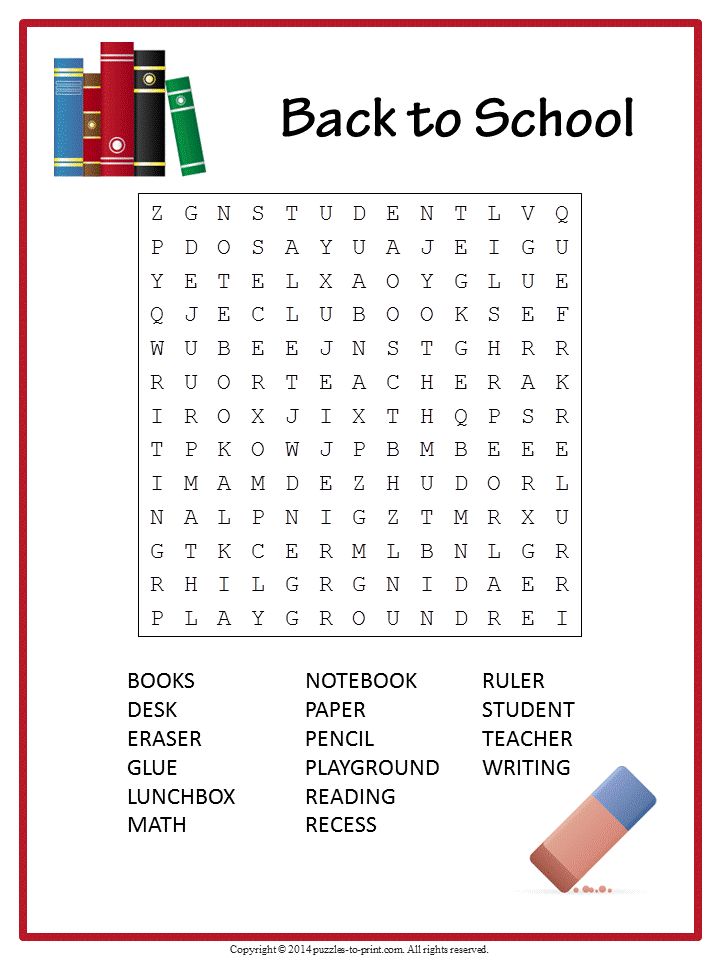 The first person to get five in a row is the winner.
The first person to get five in a row is the winner.
You can download the game board for free HERE.
Memory Vocabulary
To play this game, you will need cards with vocabulary words and cards with their meanings. You can make them with index cards or you can use the free editable card template that I have provided. Students shuffle up the cards and place them face down in an array. Students take turns flipping two cards.
If they flip over a match — the word and its meaning — they keep the two cards. If they are not a match, they flip the cards back over and it is the next person’s turn. Play continues until all of the cards are gone.
You can grab these free editable word cards HERE.
Pop(sicle) Vocabulary
For this game, you can use the word cards from the memory game or you can write words on popsicle sticks. You will also want some of the free pop cards or write pop on several sticks.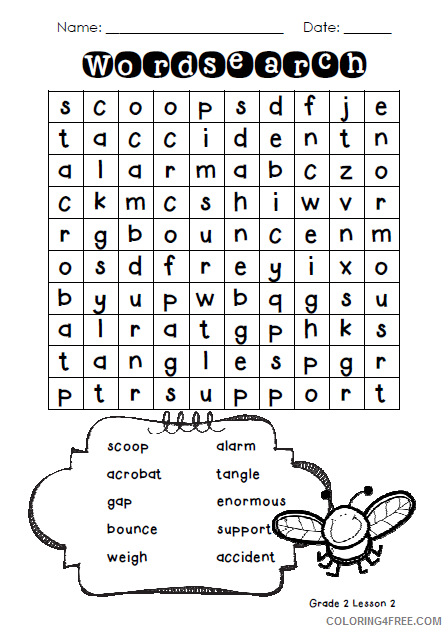 Put the cards or sticks into a container. Students take turns pulling one card or stick out of the container. If they pull a word card, they must give the definition. You can change this up a bit by requiring them to give a synonym and antonym if you prefer. If they answer correctly, they keep the card. If they are wrong, it goes back in the container. If they draw a pop, they must put all of their cards back in the container.
Put the cards or sticks into a container. Students take turns pulling one card or stick out of the container. If they pull a word card, they must give the definition. You can change this up a bit by requiring them to give a synonym and antonym if you prefer. If they answer correctly, they keep the card. If they are wrong, it goes back in the container. If they draw a pop, they must put all of their cards back in the container.
This game won’t end on its own because there are always pop cards. When the time is up, the winner is the person with the most cards.
You can grab these cute pop cards for free HERE. You can also grab the free editable word card template HERE.
Headbanz Vocabulary
This game is perfect for a small group or center. You will need word cards and the headbands from the game Headbanz. Students will take turns putting a word card on their headband, so that they cannot see it but the other players can. The student will ask yes or no questions of the other group members until they can correctly guess the word.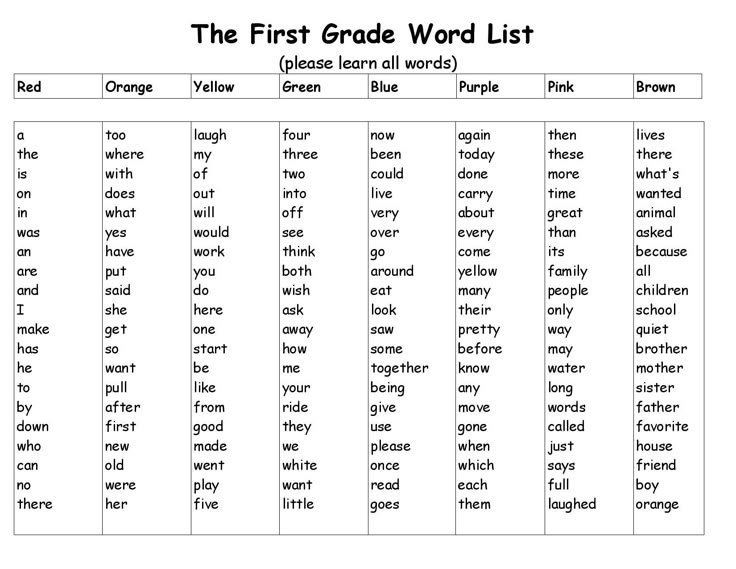 For example: “Is my word a verb?” “Is ‘take’ a synonym for my word?”
For example: “Is my word a verb?” “Is ‘take’ a synonym for my word?”
Tell students that they must be asking questions pertaining to the definition, part of speech and definition! Once a student guesses their word, the next player takes a turn. You can also use a timer to keep things moving. There really isn’t a winner for this game, but it always a favorite in my classroom.
You can grab these free editable word HERE.
Vocabulary Jeopardy
This is a good whole group game, but you can have students working in teams. You will need to use word cards again. You will be taping them, face down, onto your board so that the whole class can see the blank back of the card. You will add the category and point cards that I have provided for you.
The first team will choose a category and a point amount. Flip that card over and give that team 5-10 seconds to answer. So if they choose synonyms for threes points, they need to give a synonym for the vocabulary word.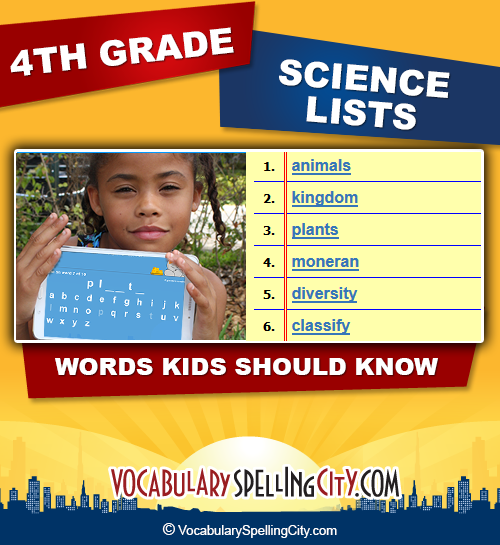 If they are correct, their team gets the three points. I usually just keep score on the board. If they are not correct, put the card back so that another team can try it. Once all of the cards have been completed, the team with the most points is the wining team. Be sure to put the toughest words in the five point row!
If they are correct, their team gets the three points. I usually just keep score on the board. If they are not correct, put the card back so that another team can try it. Once all of the cards have been completed, the team with the most points is the wining team. Be sure to put the toughest words in the five point row!
You can download these free heading cards HERE.
Trashketball Vocabulary
For this game, you will need a small ball and a trash can. I also put a piece of masking tape on the floor to show students where to stand when they throw.
The teacher will need a list of vocabulary words. Divide the class into two teams and have students get in a line starting at the tape. Ask the first person a question. You can just give them a word and ask for a definition or a synonym, or to use the word in a sentence. You can even use questions from assessments. If the student gets the question right, they get a point for their team and they get the chance to throw the ball. If they make the basket, they get a bonus point for their team. If they are not correct, the question goes to the next person in line. At the end of the allotted time, the team with the most points is the winning team.
If they make the basket, they get a bonus point for their team. If they are not correct, the question goes to the next person in line. At the end of the allotted time, the team with the most points is the winning team.
Vocabulary Board Games
This is so simple to implement because you are using simple games that students already know how to play. Games that I suggest are Candy Land, Checkers, Connect Four, Chutes and Ladders, etc. It is ok if the games seem young for your grade level. The kids love playing them anyway!
You will also need word cards. The game is played according to the traditional game rules. The only change is that before a player can take their turn on the game board, they must flip over a word card and correctly define it. If they are correct, they get their turn. If they are incorrect, it is the next person’s turn. It is so simple, but my kids beg for it!
You can grab these free editable word cards HERE.
Game Show Vocabulary
This is another whole group game that you will play in teams.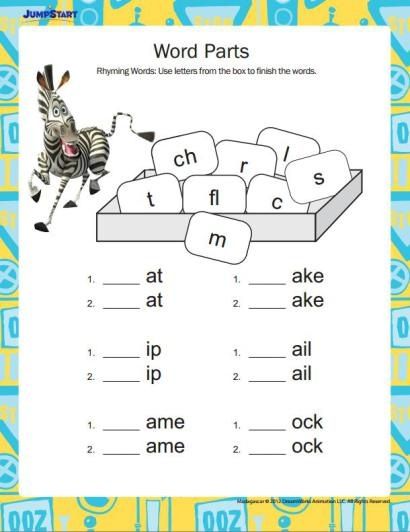 You will need some sort of buzzers or bells.
You will need some sort of buzzers or bells.
I have animal sound buzzers that I love because each team gets their own animal sound. The kids LOVE it. But be sure to do some training about proper use. I take a point if I hear a buzzer at an inappropriate time. Teams stand in a line behind their buzzer so that they can easily take turns. The teacher asks any vocabulary question and when a team thinks they know the answer, they push their buzzer. The first buzzer I hear, gets to answer. If they are correct, their team gets a point. If they are incorrect, the other three teams get another chance to buzz in and answer. Then those four students go to the back of their team line. The winning team is the team with the most points when time is up or you run out of questions.
Charades Vocabulary
This game doesn’t require any prep and could be done when you find yourself with a little extra time before lunch or during rainy day recess. I often play this with the whole group in teams, but it could be played with a small group.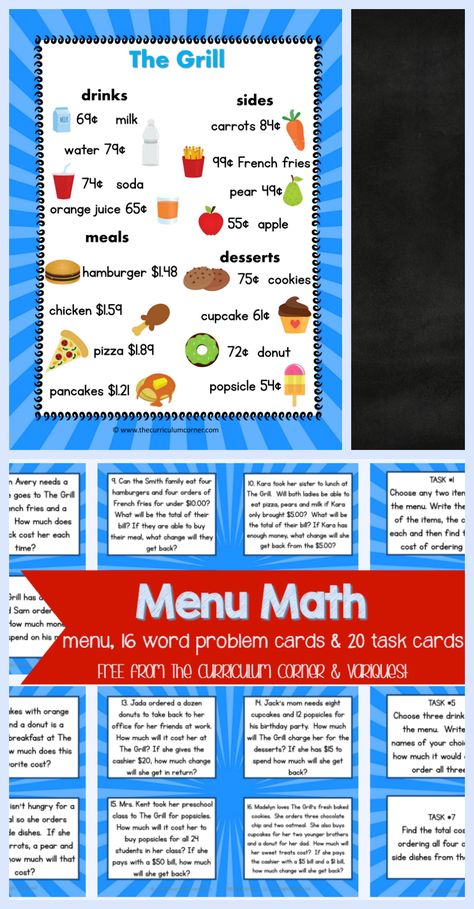 Teams will take turns being the actor. Either give the team a word card, or just whisper the word in their ear. The team or the student will go to the front and act out the word. They can’t talk. The audience will guess what word they are. You can give the audience teams buzzers or just let them call out answers. You can give teams a point for getting answers correct, or you can just play for fun.
Teams will take turns being the actor. Either give the team a word card, or just whisper the word in their ear. The team or the student will go to the front and act out the word. They can’t talk. The audience will guess what word they are. You can give the audience teams buzzers or just let them call out answers. You can give teams a point for getting answers correct, or you can just play for fun.
If you want to use word cards, you can grab these free editable word cards HERE.
Rolling Words Vocabulary
This is a super simple game. Students will play in a small group and only need word cards (or even definition cards!) and a die. Players take turns flipping a card and giving the definition (or if it is a definition card, they give the word).
If they are correct, they roll the die to see how many points they get. If they are incorrect, it is the next person’s turn. The winner is the person with the most points when time is up or all the word cards are gone.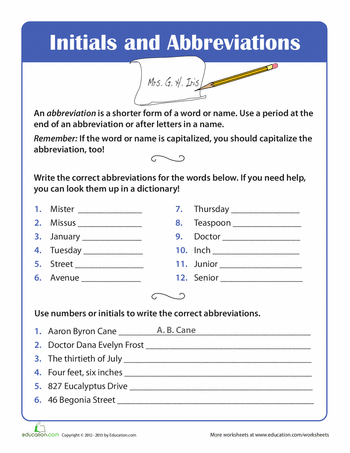
You can grab these free editable word cards HERE.
Did you miss any of the free resources from this post? Just click HERE to grab them all at once!
With TpT for Schools, your administrator can review, purchase, and send TpT resources directly to you.
Here’s How
Do you have resources for helping your students to learn tier two vocabulary? I have put together units that include everything you need to teach, practice and assess vocabulary. Each unit includes teacher plans, weekly word lists, daily activities, task cards and assessments. Click on the pictures to get a better look at each unit.
Jamie is a full-time curriculum designer and educational blogger. She loves creating resources that help teachers save time while keeping students engaged and learning. You can visit her store and blog for more fun ideas and resources. You can also connect with Jamie on Facebook, Instagram, and Pinterest.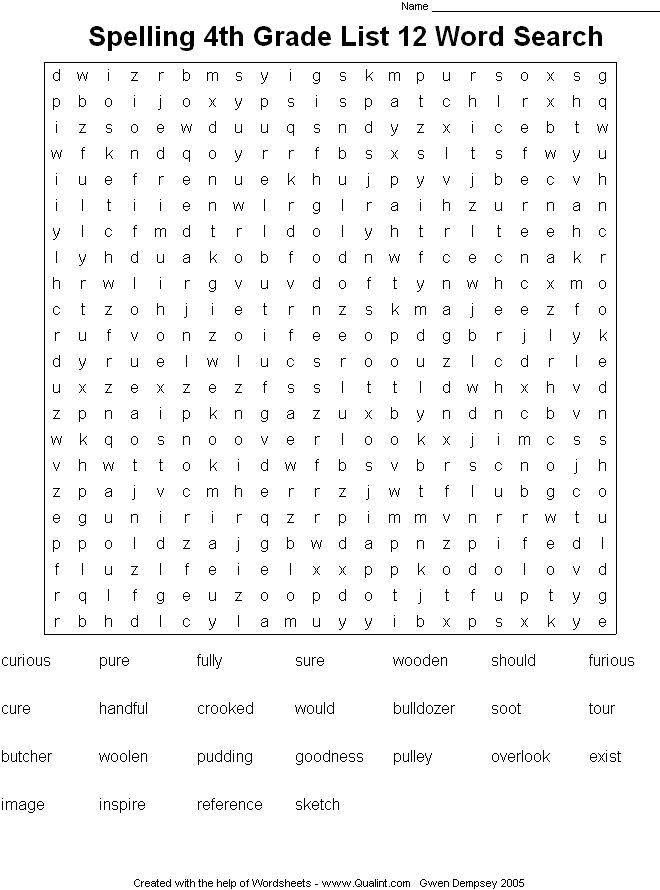
Visit her Teachers Pay Teachers store
20 Meaningful Vocabulary Activities for Every Grade
Learning new words is like adding to your writing wardrobe. Your writing becomes so much more interesting and engaging when you have more options available. These vocabulary activities work for all ages, K-12, and provide kids with a variety of learning options to help them build their own word bank.
1. Make a word map
Word maps help deepen understanding of a vocab word by relating it to other words and concepts students already know.
Learn more: Word Map/Upper Elementary Snapshots
2. Use the Frayer Model
Frayer models are a popular way to learn new words and concepts. Kids define the word in their own terms, then list facts and characteristics, examples, and non-examples.
Learn more: Southern Fried Teachin’
3. Draw vocabulary sketchnotes
Kids and teachers love sketchnotes! Rather than writing out definitions, have students draw a sketch that sums up each word instead.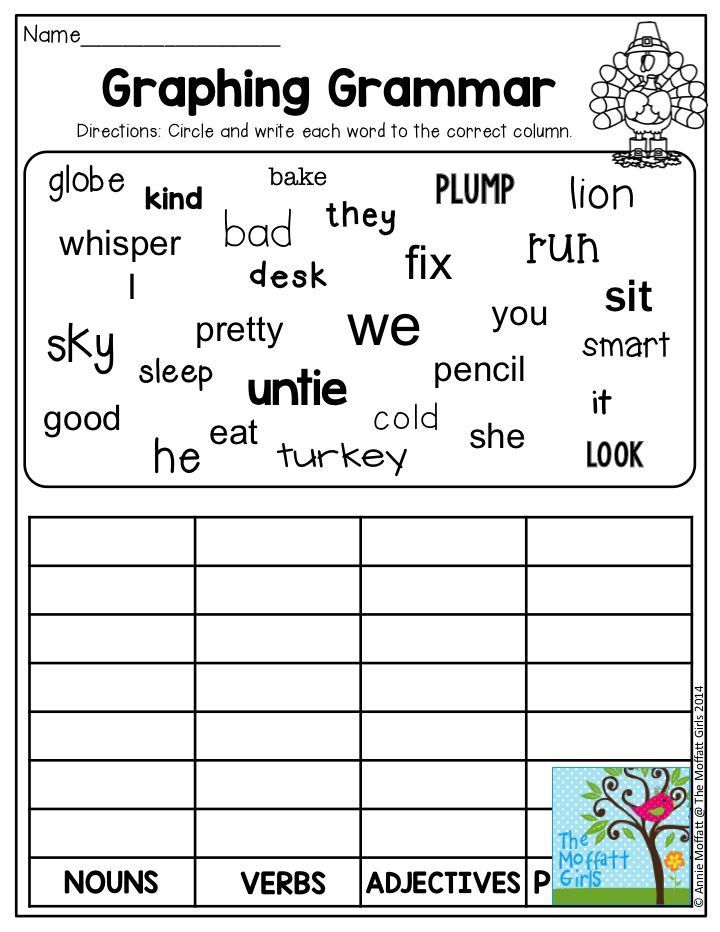 It’s a lot more fun and gives kids an image for visual association and to help remember the meanings.
It’s a lot more fun and gives kids an image for visual association and to help remember the meanings.
Learn more: Now Spark Creativity
4. Bump words along
Group vocab words together with a few other words with similar meanings and one that’s an antonym. Students identify the antonym and “bump” it to the next box, filling in the next group of words. They continue until the worksheet is full.
Learn more: Reading and Writing Haven
5. Post a Graffiti Wall
Think of a vocabulary graffiti wall like a collaborative word wall. In the classroom, post the words on the wall and have kids add sticky notes to illustrate the term (they can use words or pictures). Online, try a tool like Padlet or Google Slides.
Learn more: Digging Deeper
6. Match words to describe character
This is a terrific way to practice vocab words pulled from books you’re reading. Ask students to use various words to describe the different characters in the book and their feelings, thoughts, and actions.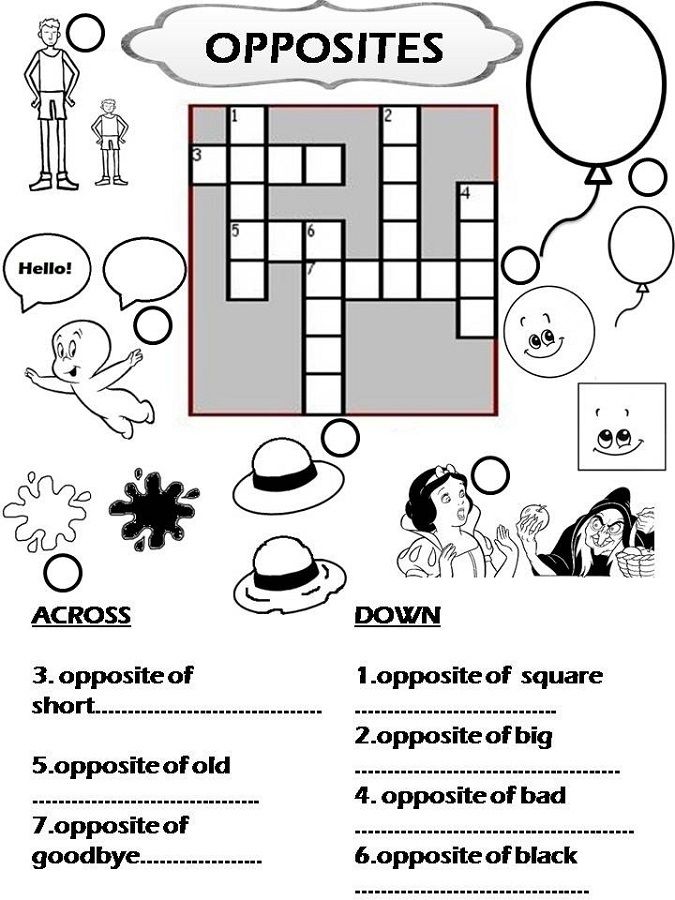
Learn more: The Sassy Apple
7. Fill in words from A to Z
This vocabulary game is fun and challenging, and you can play it at any age. Choose a word, then challenge kids to come up with related words for as many letters as possible. These could be synonyms, antonyms, examples, and more. Trickier letters are worth more points!
Learn more: A to Z/Lit in Focus
8. Try Flipgrid for vocabulary activities
Forever a Teacher at Heart/Twitter
Are you on the Flipgrid bandwagon yet? It’s perfect for vocabulary activities! Have kids record a quick video for each word, using their creativity to make it fun and meaningful.
9. Battle it out in Vocabulary Jeopardy
Good vocabulary activities encourage more than just memorization of definitions. That’s why we like this Jeopardy game idea. It explores synonyms and antonyms and how words are used in real sentences.
Learn more: Not So Wimpy Teacher
10. Use RAFTs to write vocabulary stories
Writing a story using vocab words is a perennial favorite, but the RAFT method gives it a new twist.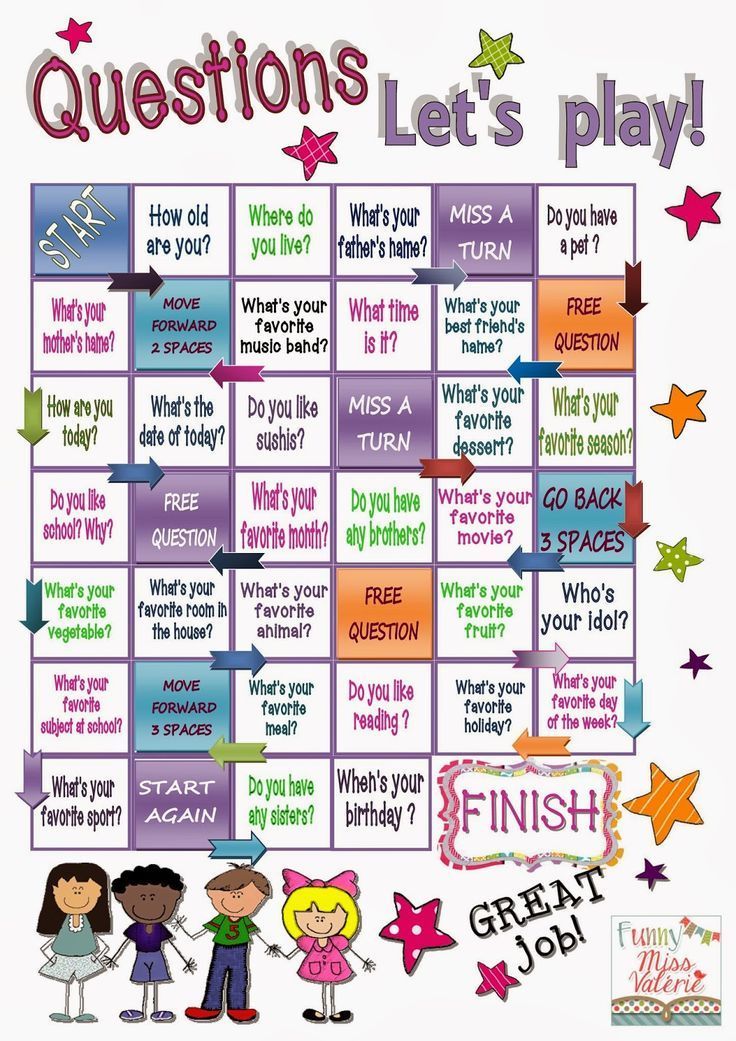 Students are assigned a Role (the point of view from which they’ll tell the story), an Audience, a Format, and a Topic. For instance, they might be an astronaut (Role) writing a postcard (Format) to their friends back home (Audience) about what they’ve seen on Mars (Topic). RAFTs are especially great for kids who claim they don’t know what to write about.
Students are assigned a Role (the point of view from which they’ll tell the story), an Audience, a Format, and a Topic. For instance, they might be an astronaut (Role) writing a postcard (Format) to their friends back home (Audience) about what they’ve seen on Mars (Topic). RAFTs are especially great for kids who claim they don’t know what to write about.
Learn more: RAFT/Teaching Writing
11. Discover the power of words
Vocabulary words take on greater meaning when students incorporate them into their daily lives. Challenge kids to use their vocab words in conversation and writing outside the language arts classroom. Use the free printable worksheet here to help them keep track of how often they use them.
12. Create graphic organizers
Colorful organizers like these are terrific vocabulary activities. Want to go digital? Have kids make a slideshow, one slide per word. They can include the same information, but instead of drawing a picture, have them find one online that illustrates the concept.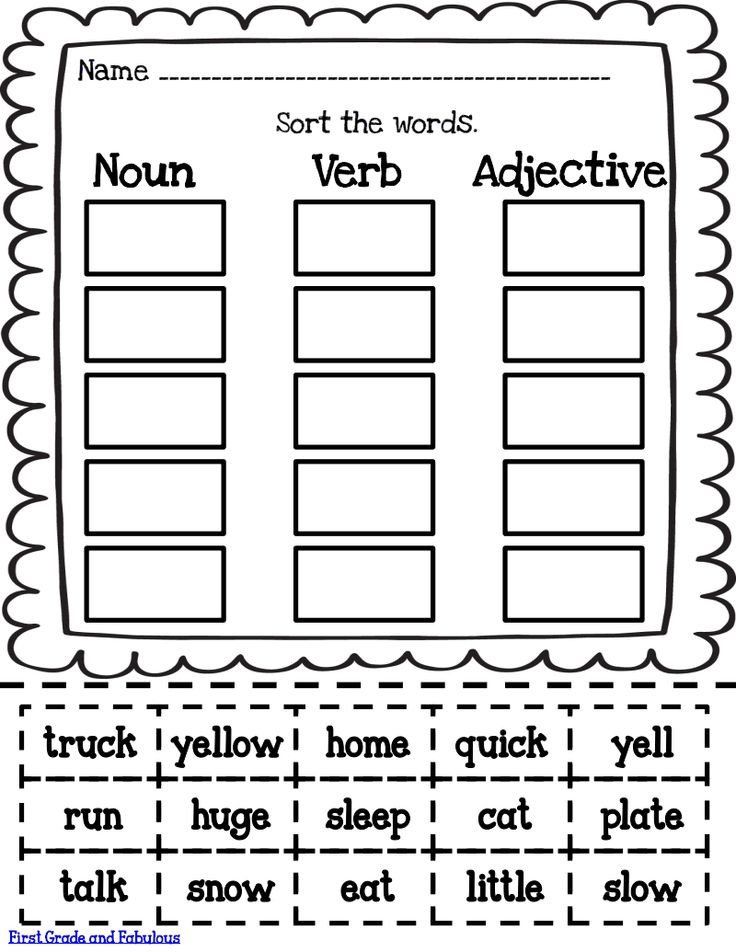
Learn more: Graphic Organizers/Upper Elementary Snapshots
13. Focus on a Word of the Week
Give really important terms the attention they deserve. Choose a new vocab word each week, then explore it in depth day by day.
Learn more: Lit In Focus
14. Join the Million Dollar Word Club
Post a list of target vocab words. If a student uses one of the words in class (outside of vocabulary activities), they become a member of the Million Dollar Word Club! You can have them sign their name on a wall in the classroom or award a badge online. You could even develop this into a reward system for homework passes or extra credit.
Learn more: Million Dollar Words/The Sassy Apple
15. Explore shades of meaning
This is a cool idea for exploring synonyms and the slight differences that make words unique. Ask for paint sample strips at your local hardware store, or buy a clip art set. In the classroom, use these paint strips to make crafts for a bulletin board.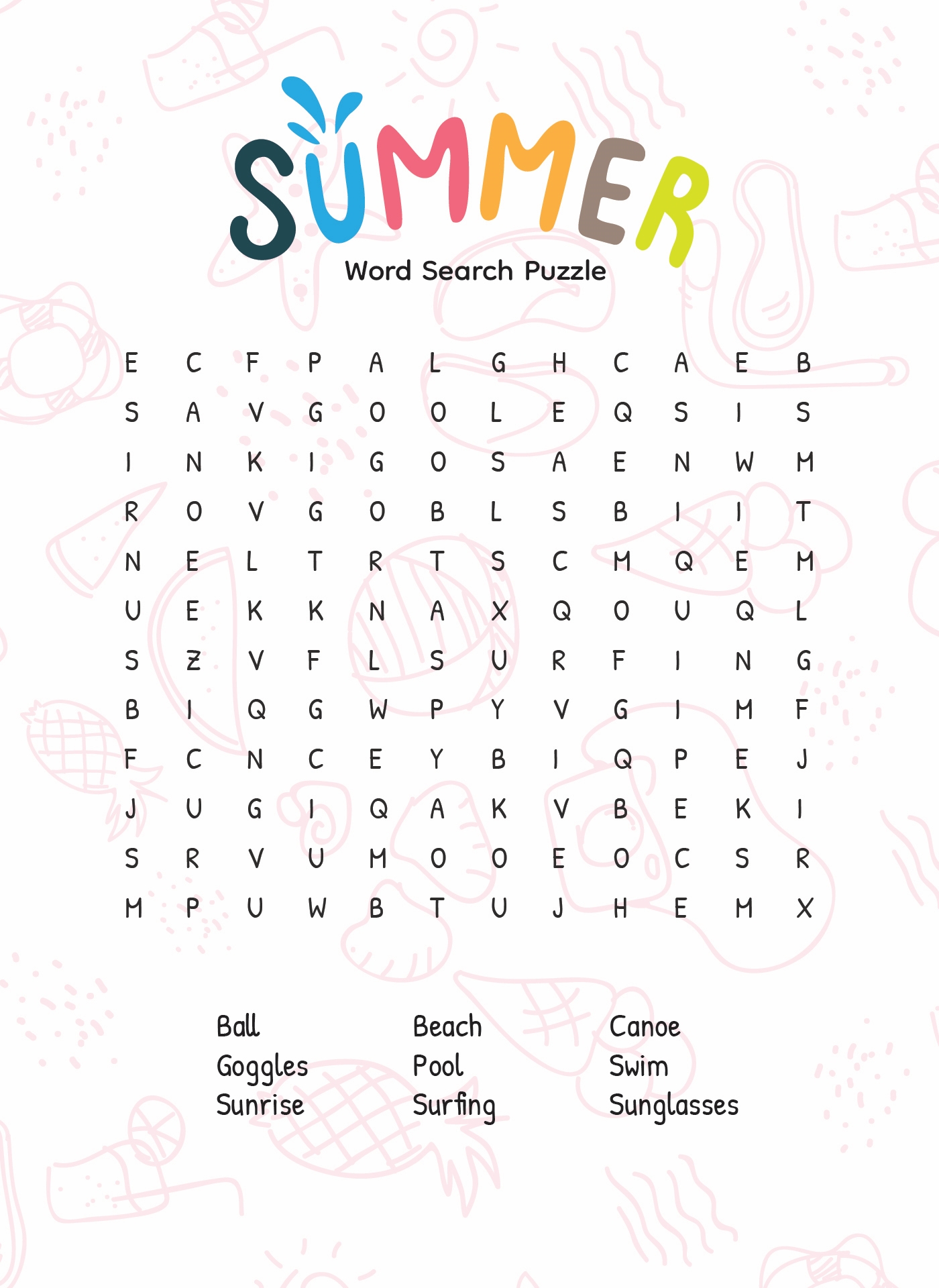 Working in a virtual environment? Have kids print clip art strips at home or use the images to make slides or digital worksheets.
Working in a virtual environment? Have kids print clip art strips at home or use the images to make slides or digital worksheets.
Learn more: Around the Kampfire
16. Personify a word with social media
This is one of those vocabulary activities kids will want to do over and over again! Assign each student a word and have them create a fake Facebook, Instagram, or other social media page for it. They can draw them freehand or complete a template like these from Teachers Pay Teachers. Post the images to a shared Google slideshow so other students can use them for review.
Learn more: Reading and Writing Haven
17. Play vocabulary word Taboo
In this game, the goal is for one student to get their partner to guess the word by describing or giving examples of it. The trick? There’s a list of additional words they’re not allowed to use! Let other students see the card in advance to help keep the players honest. (Flash it on a whiteboard and have the guesser face away. )
)
Learn more: Teaching Talking
18. Roll a die for vocabulary activities
Choose a vocab word, then have the student roll a die (these virtual dice are handy) to see which activity they get to complete.
Learn more: Roll a Word/Lucky Little Learners
19. Write an acrostic
Write an acrostic poem for each vocab term, using the letters to determine the first word in each line. This can get really challenging when words are longer!
Learn more: Vocab Acrostic/Upper Elementary Snapshots
20. Become a Word Collector
This is one of those picture books that grown-up kids will enjoy as much as little ones. Use it to remind your kids that they don’t need a vocabulary list to learn new words—new words are all around them.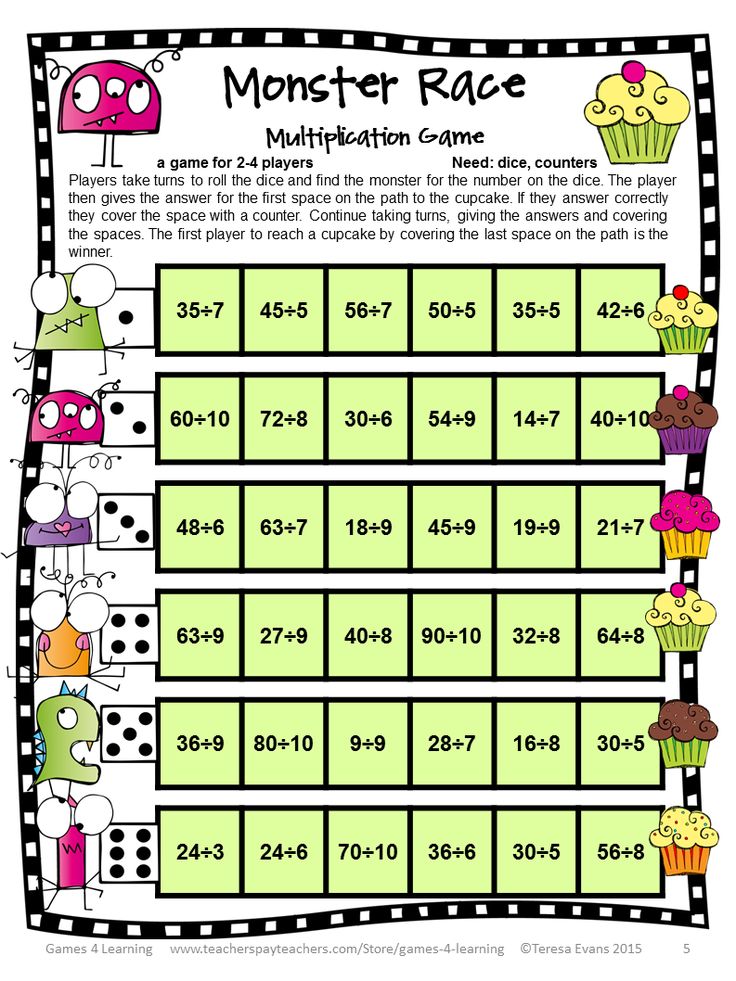 Encourage them to keep a word list or journal of their own to record new words they want to explore and use more often.
Encourage them to keep a word list or journal of their own to record new words they want to explore and use more often.
Looking for more language arts ideas? Try these 11 Essential Tips for Teaching Theme.
Plus, get all the latest teaching tips and ideas when you sign up for our free newsletters!
Word games • Arzamas
You have Javascript disabled. Please change your browser settings.
Children's room ArzamasMaterialsMaterials
Arzamas for classes with schoolchildren! A selection of materials for teachers and parents
Everything you can do in an online lesson or just for fun
Cartoons are festival winners. Part 2
Tales, parables, experiments and absurdity
Guide to Yasnaya Polyana
Leo Tolstoy's favorite bench, greenhouse, stable and other places of the museum-estate of the writer worth seeing with children Migrants: how to fight for their rights with the help of music
Hip-hop, carnival, talking drums and other non-obvious ways
Old records: fairy tales of the peoples of the world
We listen and analyze Japanese, Italian, Scandinavian and Russian fairy tales
Video: ISS commander asks a scientist about space
Lecture at an altitude of 400 kilometers
How to make a movie
Horror film, comedy and melodrama at home
The most unusual animation techniques from sunflowers, cartoons and VR spices
Play the world's percussion instruments
Learn how the gong, marimba and drum work and build your own orchestra
How to put on a show
Shadow theatre, reading and other home theater options for children
Soviet puzzles
Solve children's puzzles of the 1920s-70s
22 cartoons for the little ones
What to watch if you don't have six
From "Wild Dog Dingo" to 904 "Timur and his team" 9003 What do you need 9003 to know about the main Soviet books for children and teenagers
A guide to children's poetry of the 20th century
From Agnia Barto to Mikhail Yasnov: children's poems in Russian
10 books by artists
Pages made of tracing paper - Milanese fog, and binding between reality and fantasy
How to choose a modern children's book
"Like Pippi, only about love": explaining new books through old ones
Word games
"Hat", "telegrams", "MPS" and other old and new games
Games from classic books
What the heroes of the works of Nabokov, Lindgren and Milne play
Plasticine animation: the Russian school
From Plasticine Crow to Plasticine Sausage
Cartoons - winners of festivals
Brave Mom, My Strange Grandpa, A Very Lonely Rooster and others
Non-fiction for children
How a whale’s heart beats, what’s inside a rocket and who plays the didgeridoo — 60 books about the world around
Guide to foreign popular music
200 artists, 20 genres and 1000 songs that will help you understand the music of the 1950s-2000s
Cartoons based on poems
Poems by Chukovsky, Kharms, Gippius and Yasnov in Russian animation
Home games
Shadow theater, crafts and paper dolls from children's books and magazines of the 19th–20th centuries
Books for the smallest
Modern literature from 0 to 5: read, look at, study
Puppet animation: Russian school 9004
Crow in Love, Devil No.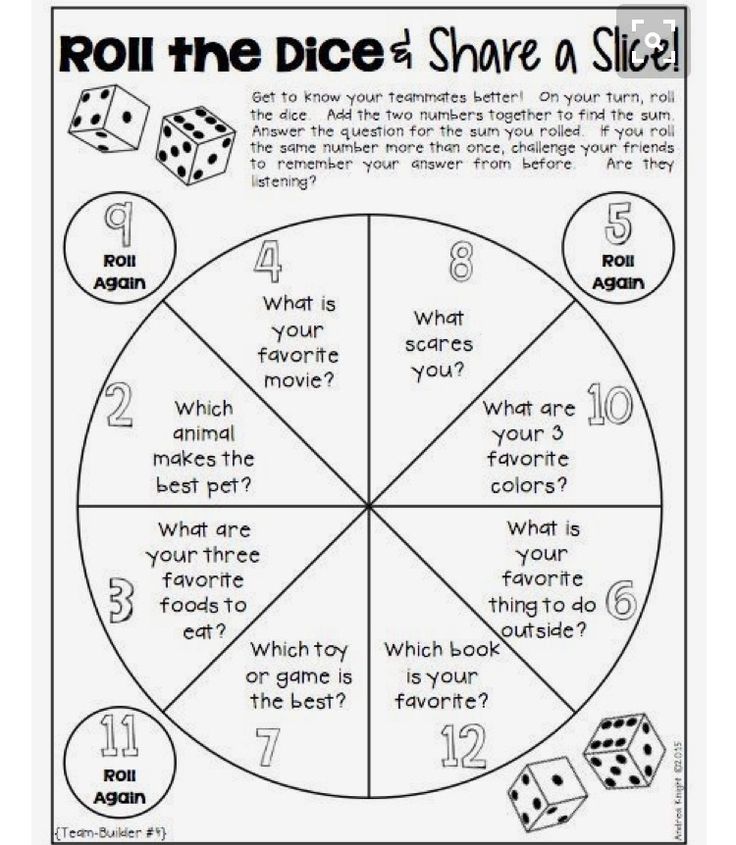 13, Lyolya and Minka and other old and new cartoons
13, Lyolya and Minka and other old and new cartoons
Smart coloring books
Museums and libraries offer to paint their collections
Reprints and reprints of children's books
Favorite fairy tales, stories and magazines of the last century, which you can buy again
What you can hear in classical music
Steps on ice, the voice of the cuckoo and the sounds of the night forest in the great compositions of the 18th-20th centuries
Soviet educational cartoons
Archimedes , dinosaurs, Antarctica and space — popular science cartoons in the USSR
Logic puzzles
Solve the argument of the wise men, make a bird out of a shirt and count the kittens correctly
Contemporary children's stories
The best short stories about grandmothers, cats, spies and knights
How Russian lullabies work
We explain why a spinning top is scary and why you shouldn't lie down on the edge. Bonus: 5 lullabies by Naadya
Musical fairy tales
How Tchaikovsky, Rimsky-Korsakov and Prokofiev work with the plots of children's fairy tales
Armenian School of Animation
The most rebellious cartoons of the Soviet Union
The Dina Goder Cartoon Collection
The Program Director of the Big Cartoon Festival advises what to watch with your child
Cartoons about art
How to tell children about Picasso, Pollock and Tatlin using animation
40 fire and who has a sieve in his nose: riddles from "Chizh", "Hedgehog" and books by Marshak and Chukovsky
Yard games
"Traffic light", "Shtander", "Kolechko" and other games for a large company
Poems that are interesting to learn by heart
What to choose if you were asked to learn a poem about mother, New Year or autumn
Old audio performances for children
Ole Lukoye, Gray Sheika, Cinderella and other interesting Soviet Recordings
Cartoons with classical music
How animation works with the music of Tchaikovsky, Verdi and Glass
How children’s rhymes work
“Ene, bene, slave, kvanter, manter, toad”: what does it all mean
"Hat", "telegrams", "MPS" and other games that require almost nothing but company and a desire to have a good time
Author Lev Gankin
Primer “A.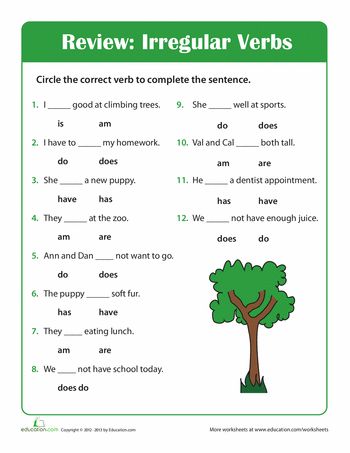 B. C. Trim, alphabet enchanté. Illustrations by Bertal. France, 1861 Wikimedia Commons
B. C. Trim, alphabet enchanté. Illustrations by Bertal. France, 1861 Wikimedia Commons Oral games
Associations
Game for a big company. The host briefly leaves the room, during which time the rest decide which of those present they will guess (this may be the host himself). Upon returning, the player asks the others questions - what flower do you associate this person with, what vehicle, what part of the body, what kitchen utensils, etc. - in order to understand who is hidden. Questions can be very different - this is not limited by anything other than the imagination of the players. Since associations are an individual matter and an exact match may not happen here, it is customary to give the guesser two or three attempts. If the company is small, you can expand the circle of mutual acquaintances who are not present at that moment in the room, although the classic version of "associations" is still a hermetic game.
Game of P
A game for a company of four people, an interesting variation on the "hat" theme (see below), but does not require any special accessories.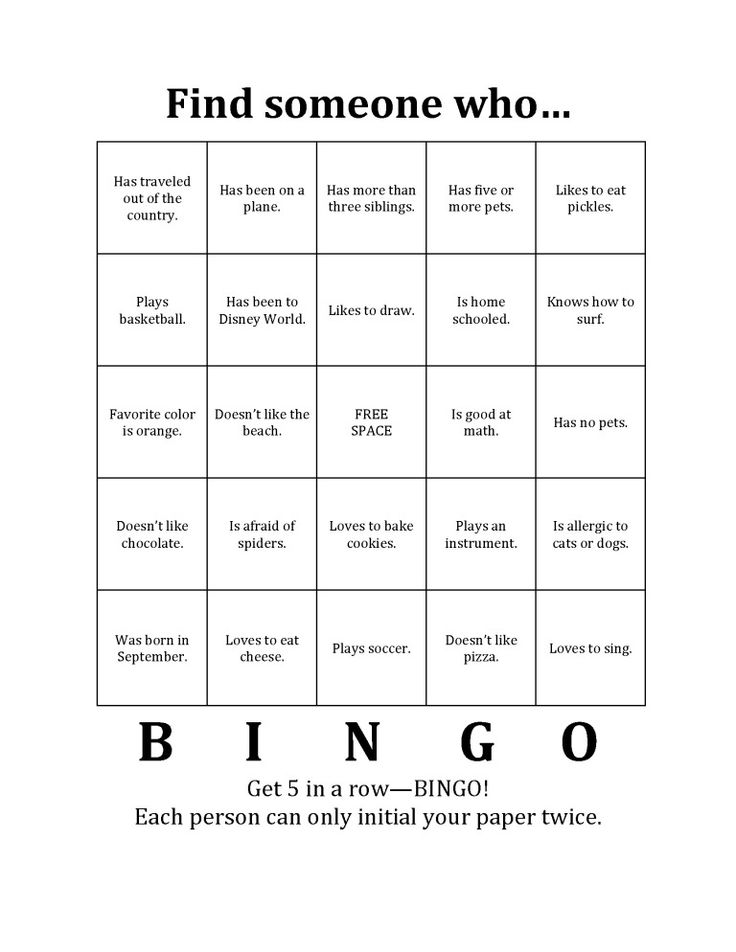 One player guesses a word to another, which he must explain to the others, but he can only use words starting with the letter "p" (any, except for the same root). That is, the word "house" will have to be explained, for example, as follows: "I built - I live." If you couldn’t guess right away, you can throw up additional associations: “building, premises, space, the simplest concept ...” And at the end add, for example, “Perignon” - by association with Dom Perignon champagne. If the guessers are close to winning, then the facilitator will need comments like “about”, “approximately”, “almost right” - or, in the opposite situation: “bad, wait!”. Usually, after the word is guessed, the explainer comes up with a new word and whispers it into the ear of the guesser - he becomes the next leader.
One player guesses a word to another, which he must explain to the others, but he can only use words starting with the letter "p" (any, except for the same root). That is, the word "house" will have to be explained, for example, as follows: "I built - I live." If you couldn’t guess right away, you can throw up additional associations: “building, premises, space, the simplest concept ...” And at the end add, for example, “Perignon” - by association with Dom Perignon champagne. If the guessers are close to winning, then the facilitator will need comments like “about”, “approximately”, “almost right” - or, in the opposite situation: “bad, wait!”. Usually, after the word is guessed, the explainer comes up with a new word and whispers it into the ear of the guesser - he becomes the next leader.
Lectures for children on this topic:
A course of lectures for children about the languages of the world
How many languages there are in the world, how they differ and how they are similar to each other
A course of lectures for children about strange and new words of the Russian language
Why do linguists study jargon, parasitic words and speech errors
Primer "A.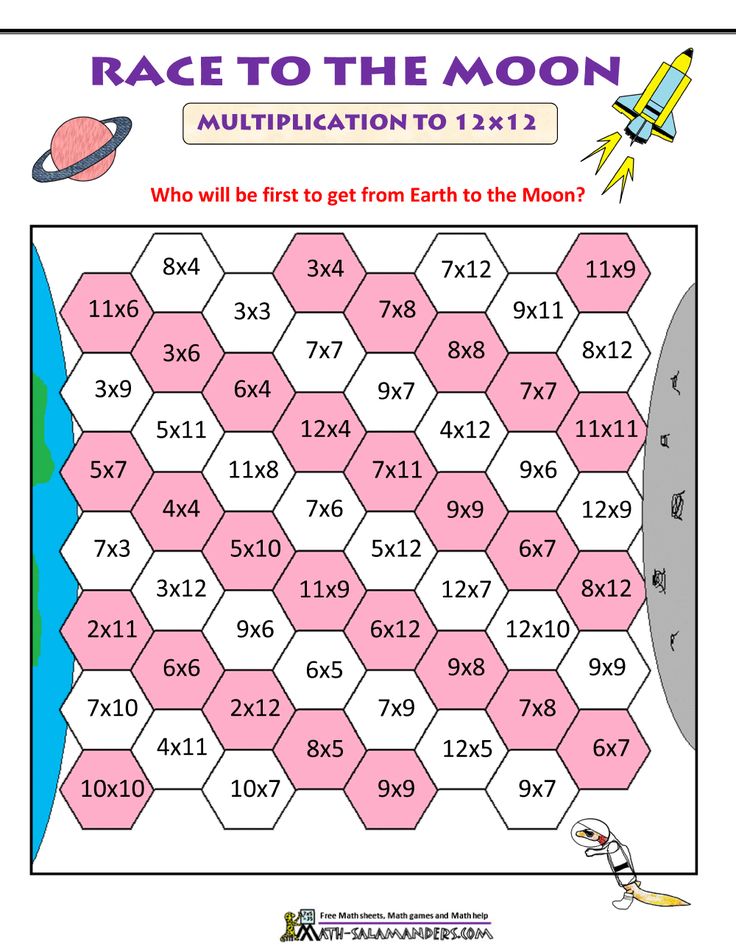 B. C. Trim, alphabet enchanté. Illustrations by Bertal. France, 1861 Wikimedia Commons
B. C. Trim, alphabet enchanté. Illustrations by Bertal. France, 1861 Wikimedia Commons Say the Same Thing
An upbeat and fast-paced game for two, named after a video clip by the inventive rock band OK Go, from which many people learned about it (the musicians even developed a mobile application that helps to play it from a distance, although it is currently unavailable). The meaning of the game is that on the count of one-two-three each of the players pronounces a randomly chosen word. Further, the goal of the players is, with the help of successive associations, to come to a common denominator: for the next time, two or three, both pronounce a word that is somehow connected with the previous two, and so on until the desired coincidence occurs. Suppose the first player said the word "house" and the second player said the word "sausage"; in theory, they can coincide very soon, if on the second move after one-two-three both say "store". But if one says “shop”, and the other says “refrigerator” (why not a sausage house?), then the game can drag on, especially since it’s impossible to repeat - neither the store nor the refrigerator will fit, and you will have to think, say, before "refrigerator" or "IKEI".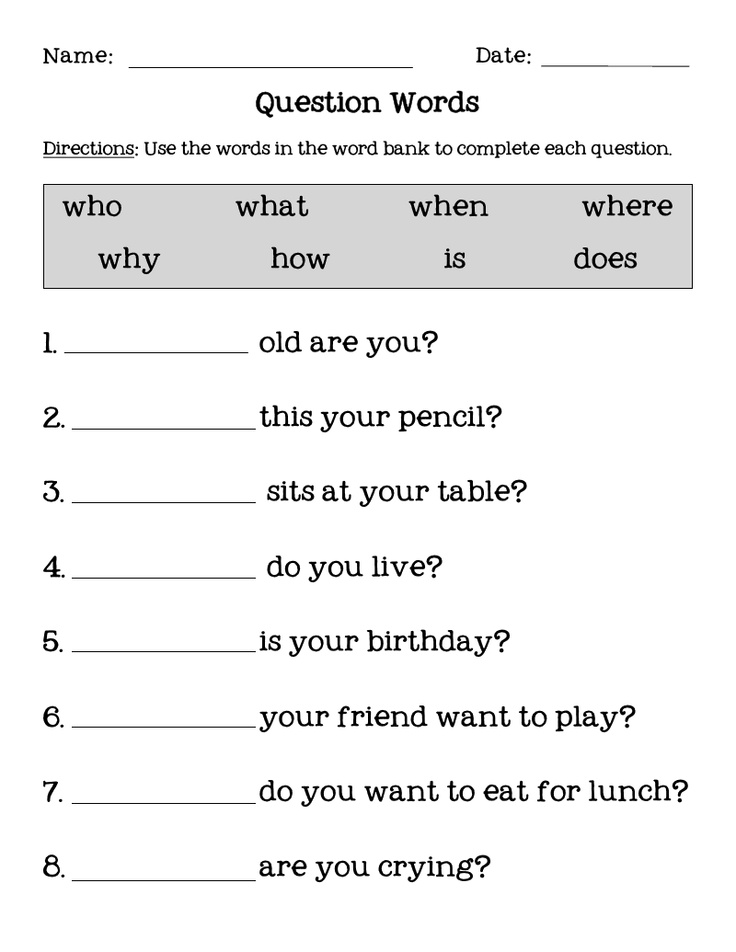 If the original words are far from each other (for example, "curb" and "weightlessness"), then the gameplay becomes completely unpredictable.
If the original words are far from each other (for example, "curb" and "weightlessness"), then the gameplay becomes completely unpredictable.
Characters
A game for the company (the ideal number of players is from four to ten), which requires from the participants not only good imagination, but also, preferably, a little bit of acting skills. As usual, one of the players briefly leaves the room, and while he is gone, the rest come up with a word, the number of letters in which matches the number of participants remaining in the room. Next, the letters are distributed among the players, and a character is invented for each of them (therefore, words that contain "b", "s" or "b" do not fit). Until the word is guessed, the players behave in accordance with the chosen character - the leader's task is to understand exactly what characters his partners portray and restore the hidden word. Imagine, for example, that a company consists of seven people. One leaves, the rest come up with a six-letter word "old man" and distribute roles among themselves: the first, say, will be with indoor, the second - t erpel, the third - a secondary, the fourth - p asylum, the fifth - and mane and sixth - to ovary.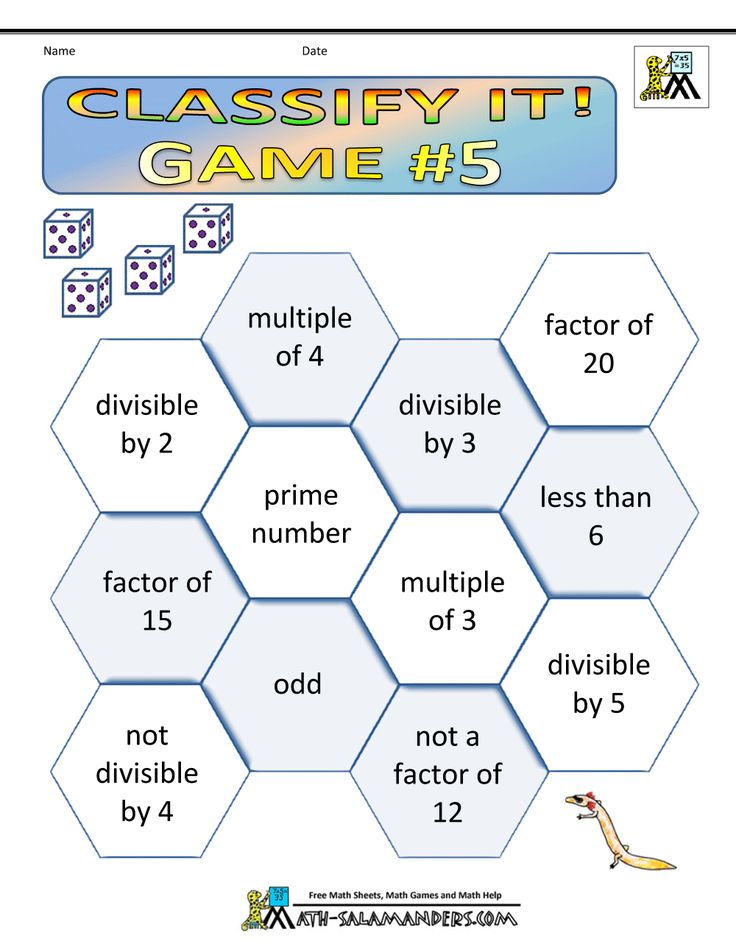 The returning player is greeted by a cacophony of voices - the company "lives" their roles until they are unraveled, and the host asks the players questions that help reveal their image. The only condition is that as soon as the presenter pronounces the correct character - for example, guesses the insidious one - he must admit that his incognito has been revealed and announce the number of his letter (in the word "old man" - the sixth).
The returning player is greeted by a cacophony of voices - the company "lives" their roles until they are unraveled, and the host asks the players questions that help reveal their image. The only condition is that as soon as the presenter pronounces the correct character - for example, guesses the insidious one - he must admit that his incognito has been revealed and announce the number of his letter (in the word "old man" - the sixth).
Recognize the song
A game for a company of four to five people. The host leaves, and the remaining players choose a well-known song and distribute its words among themselves - each word. For example, the song “Let there always be sun” is guessed: one player gets the word “let”, the second - “always”, the third - “will be”, the fourth - “sun”. The host returns and begins to ask questions - the most varied and unexpected: "What is your favorite city?", "Where does the Volga flow?", "What to do and who is to blame?".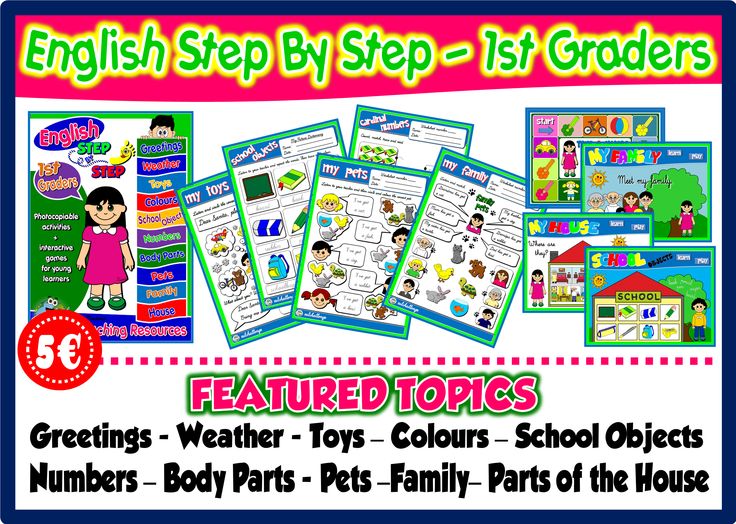 The task of the respondents is to use their own word in the answer and try to do it in such a way that it does not stand out too much; you need to answer quickly and not very extensively, but not necessarily truthfully. Answers to questions in this case can be, for example, “It’s hard for me to choose one city, but let today it will be Rio de Janeiro" or "Volga - into the Caspian, but this does not happen always , every third year it flows into the Black". The presenter must catch which word is superfluous in the answer and guess the song. They often play with lines from poetry rather than from songs.
The task of the respondents is to use their own word in the answer and try to do it in such a way that it does not stand out too much; you need to answer quickly and not very extensively, but not necessarily truthfully. Answers to questions in this case can be, for example, “It’s hard for me to choose one city, but let today it will be Rio de Janeiro" or "Volga - into the Caspian, but this does not happen always , every third year it flows into the Black". The presenter must catch which word is superfluous in the answer and guess the song. They often play with lines from poetry rather than from songs.
Tip
A game for four people divided into pairs (in principle, there can be three or four pairs). The mechanics is extremely simple: the first player from the first pair whispers a word (a common noun in the singular) into the ear of the first player from the second pair, then they must take turns calling their associations with this word (in the same form - common nouns; cognate words cannot be used ).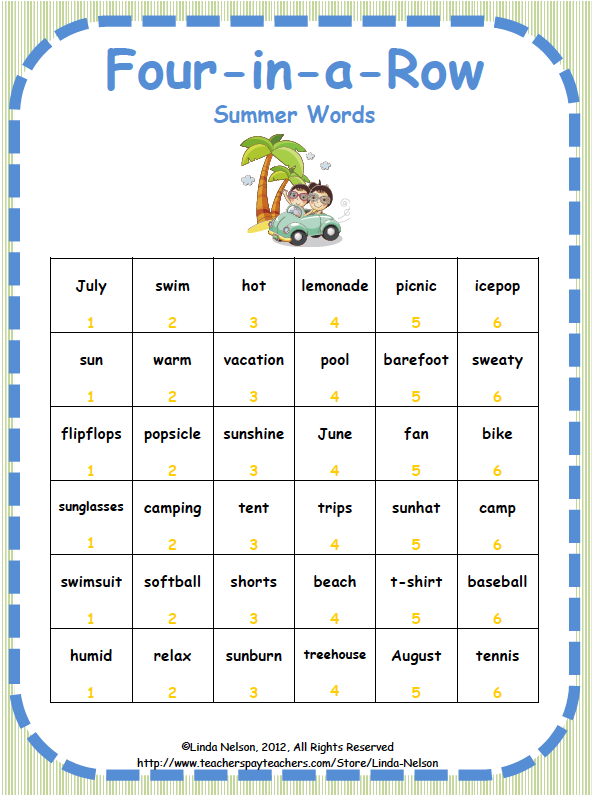 After each association, the teammate of the player who voiced it calls out his word, trying to guess if it was originally guessed - and so on, until the problem is solved by someone; at the same time, all associations already sounded in the game can be used in the future, adding one new one at each move. For example, suppose there are players A and B on one team, and C and D on the other. Player A whispers the word "old man" into player C's ear. Player C says aloud to his partner D: "age". If D immediately answers "old man", then the pair of C and D scores a point, but if he says, for example, "youth", then the move goes to player A, who, using the word "age" suggested by C (but discarding the irrelevant to the case "youth" from D), says to his partner B: "age, man." Now B will probably guess the old man - and his team with A will already earn a point. But if he says "teenager" (thinking that it is about the age when boys turn into men), then C, to whom the move suddenly returned, will say " age, man, eightieth birthday”, and here, probably, “old man” will be guessed.
After each association, the teammate of the player who voiced it calls out his word, trying to guess if it was originally guessed - and so on, until the problem is solved by someone; at the same time, all associations already sounded in the game can be used in the future, adding one new one at each move. For example, suppose there are players A and B on one team, and C and D on the other. Player A whispers the word "old man" into player C's ear. Player C says aloud to his partner D: "age". If D immediately answers "old man", then the pair of C and D scores a point, but if he says, for example, "youth", then the move goes to player A, who, using the word "age" suggested by C (but discarding the irrelevant to the case "youth" from D), says to his partner B: "age, man." Now B will probably guess the old man - and his team with A will already earn a point. But if he says "teenager" (thinking that it is about the age when boys turn into men), then C, to whom the move suddenly returned, will say " age, man, eightieth birthday”, and here, probably, “old man” will be guessed.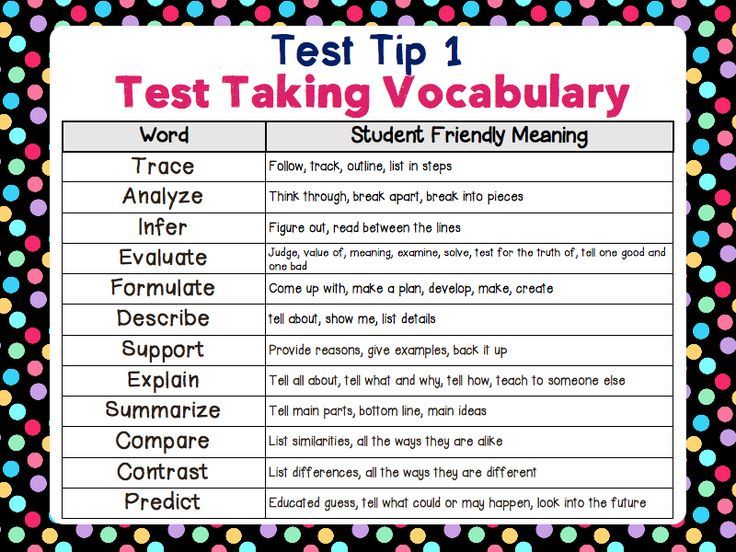 In one of the variants of the game, it is also allowed to "shout": this means that, having suddenly guessed what was meant, the player can shout out the option not on his turn. If he guessed right, his team will get a point, but if he rushed to conclusions, the team will lose a point. They usually play up to five points.
In one of the variants of the game, it is also allowed to "shout": this means that, having suddenly guessed what was meant, the player can shout out the option not on his turn. If he guessed right, his team will get a point, but if he rushed to conclusions, the team will lose a point. They usually play up to five points.
IPU
Game for a big company. Here we are forced to warn readers that, having seen this text in full, you will never be able to drive again - the game is one-time.
Spoiler →
First, the player who gets to drive leaves the room. When he returns, he must find out what MPS means - all that is known in advance is that the bearer of this mysterious abbreviation is present in the room right now. To find out the correct answer, the driver can ask other players questions, the answers to which should be formulated as “yes” or “no”: “Does he have blond hair?”, “Does he have blue eyes?”, “Is this a man?”, “He in jeans?", "Does he have a beard?"; moreover, each question is asked to a specific player, and not to all at once.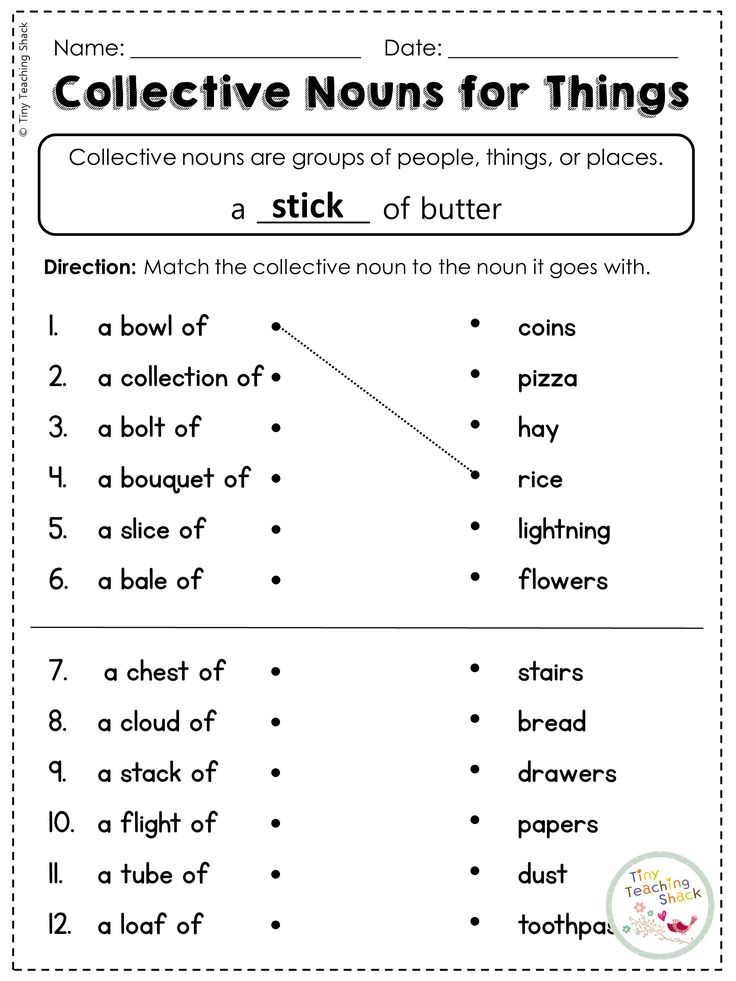 Most likely, it will quickly become clear that there is simply no person in the room who meets all the criteria; Accordingly, the question arises, according to what principle the players give answers. "Opening" this principle will help answer the main question - what is MPS. The Ministry of Railways is not the Ministry of Communications at all, but m oh p equal s seated (that is, each player always describes the person sitting to his right). Another option is COP, to then about answered n last (that is, everyone talks about who answered the previous question).
Most likely, it will quickly become clear that there is simply no person in the room who meets all the criteria; Accordingly, the question arises, according to what principle the players give answers. "Opening" this principle will help answer the main question - what is MPS. The Ministry of Railways is not the Ministry of Communications at all, but m oh p equal s seated (that is, each player always describes the person sitting to his right). Another option is COP, to then about answered n last (that is, everyone talks about who answered the previous question).
Contact
A simple game that can be played with a group of three or more people. One thinks of a word (noun, common noun, singular) and calls its first letter aloud, the task of the others is to guess the word, remembering other words with this letter, asking questions about them and checking if the presenter guessed.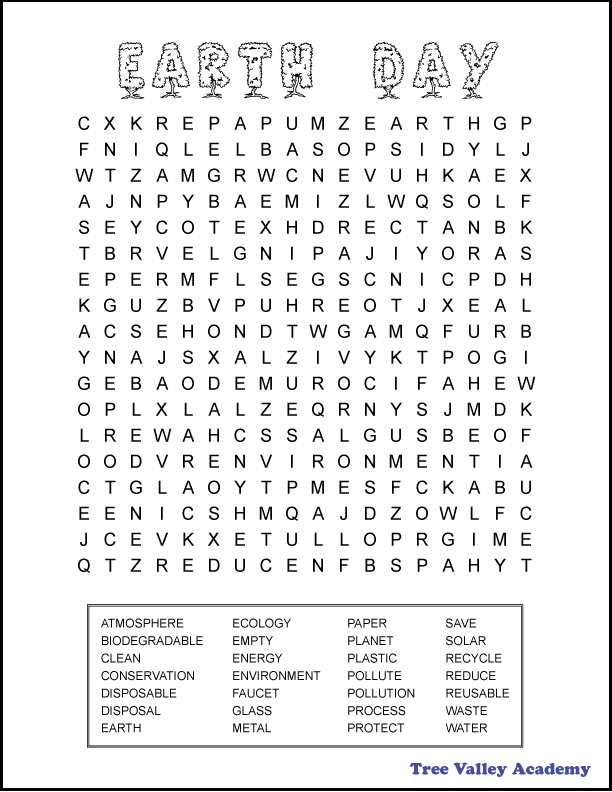 The facilitator's task is not to reveal the next letters in the word to the players for as long as possible. For example, a word with the letter "d" is guessed. One of the players asks the question: “Is this by chance not the place where we live?” This is where the fun begins: the host must figure out as quickly as possible what the player means and say “No, this is not“ house ”” (well, or, if it was a“ house ”, honestly admit it). But in parallel, other players also think the same thing, and if they understand what “house” means before the leader, then they say: “contact” or “there is contact”, and start counting up to ten in chorus (while the count is going on, the presenter still has a chance to escape and guess what it is about!), and then they call the word. If at least two matched, that is, at the expense of ten they said “house” in chorus, the presenter must reveal the next letter, and the new guesser version will already begin with the now known letters “d” + the next one. If it was not possible to beat the host on this question, then the guessers offer a new option.
The facilitator's task is not to reveal the next letters in the word to the players for as long as possible. For example, a word with the letter "d" is guessed. One of the players asks the question: “Is this by chance not the place where we live?” This is where the fun begins: the host must figure out as quickly as possible what the player means and say “No, this is not“ house ”” (well, or, if it was a“ house ”, honestly admit it). But in parallel, other players also think the same thing, and if they understand what “house” means before the leader, then they say: “contact” or “there is contact”, and start counting up to ten in chorus (while the count is going on, the presenter still has a chance to escape and guess what it is about!), and then they call the word. If at least two matched, that is, at the expense of ten they said “house” in chorus, the presenter must reveal the next letter, and the new guesser version will already begin with the now known letters “d” + the next one. If it was not possible to beat the host on this question, then the guessers offer a new option. Of course, it makes sense to complicate the definitions, and not ask everything directly - so the question about "home" would sound better like "Is this not where the sun rises?" (with a reference to the famous song "House of the Rising Sun" by The Animals). Usually, the one who eventually gets to the searched word (names it or asks a question leading to victory) becomes the next leader.
Of course, it makes sense to complicate the definitions, and not ask everything directly - so the question about "home" would sound better like "Is this not where the sun rises?" (with a reference to the famous song "House of the Rising Sun" by The Animals). Usually, the one who eventually gets to the searched word (names it or asks a question leading to victory) becomes the next leader.
Writing games
Encyclopedia
Not the fastest, but extremely exciting game for a company of four people - you will need pens, paper and some kind of encyclopedic dictionary (preferably not limited thematically - that is, TSB is better than a conditional "biological encyclopedia"). The host finds a word in the encyclopedia that is unknown to anyone present (here it remains to rely on their honesty - but cheating in this game is uninteresting and unproductive).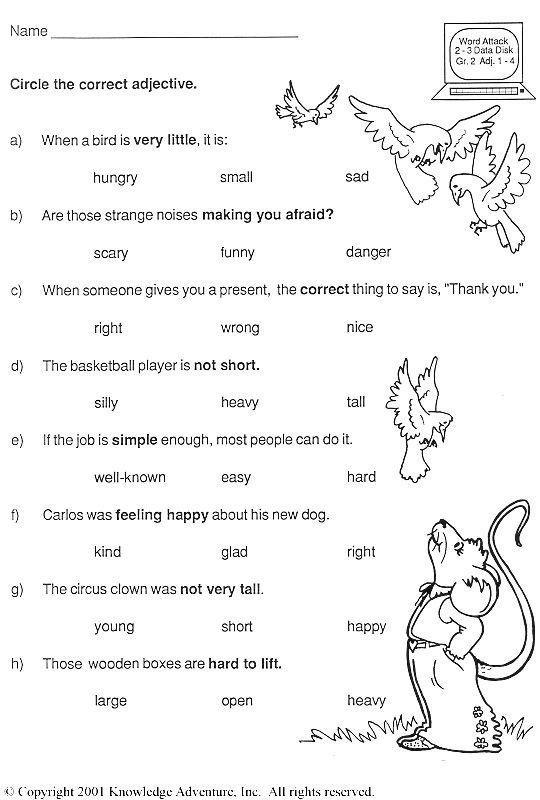 The task of each of the players is to write an encyclopedic definition of this word, inventing its meaning from the head and, if possible, disguising the text as a real small encyclopedic article. The presenter, meanwhile, carefully rewrites the real definition from the encyclopedia. After that, the “articles” are shuffled and read out by the presenter in random order, including the real one, and the players vote for which option seems most convincing to them. In the end, the votes are counted and points are distributed. Any player receives a point for correctly guessing the real definition and one more point for each vote given by other participants to his own version. After that, the sheets are distributed back and a new word is played out - there should be about 6-10 of them in total. You can also play this game in teams: come up with imaginary definitions collectively. The game "poems" is arranged in a similar way - but instead of a compound word, the host selects two lines from some little-known poem in advance and invites the participants to add quatrains.
The task of each of the players is to write an encyclopedic definition of this word, inventing its meaning from the head and, if possible, disguising the text as a real small encyclopedic article. The presenter, meanwhile, carefully rewrites the real definition from the encyclopedia. After that, the “articles” are shuffled and read out by the presenter in random order, including the real one, and the players vote for which option seems most convincing to them. In the end, the votes are counted and points are distributed. Any player receives a point for correctly guessing the real definition and one more point for each vote given by other participants to his own version. After that, the sheets are distributed back and a new word is played out - there should be about 6-10 of them in total. You can also play this game in teams: come up with imaginary definitions collectively. The game "poems" is arranged in a similar way - but instead of a compound word, the host selects two lines from some little-known poem in advance and invites the participants to add quatrains.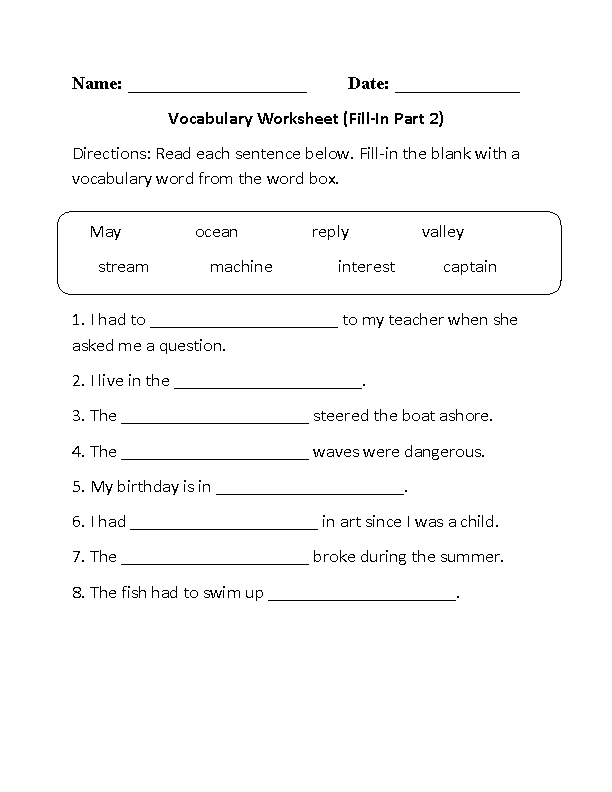
Game from Inglourious Basterds
A game for a company of any size that many knew before the Quentin Tarantino film, but it does not have a single name. Each player invents a role for his neighbor (usually it is some famous person), writes it on a piece of paper and sticks the piece of paper on his neighbor's forehead: accordingly, everyone sees what role someone has, but does not know who they are. The task of the participants is, with the help of leading questions, the answers to which are formulated as “yes” or “no” (“Am I a historical figure?”, “Am I a cultural figure?”, “Am I a famous athlete?”), to find out who exactly they are. In this form, however, the game exhausts itself rather quickly, so you can come up with completely different themes and instead of famous people play, for example, in professions (including exotic ones - "carousel", "taxidermist"), in film and literary heroes (you can mix them with real celebrities, but it’s better to agree on this in advance), food (one player will be risotto, and the other, say, green cabbage soup) and even just items.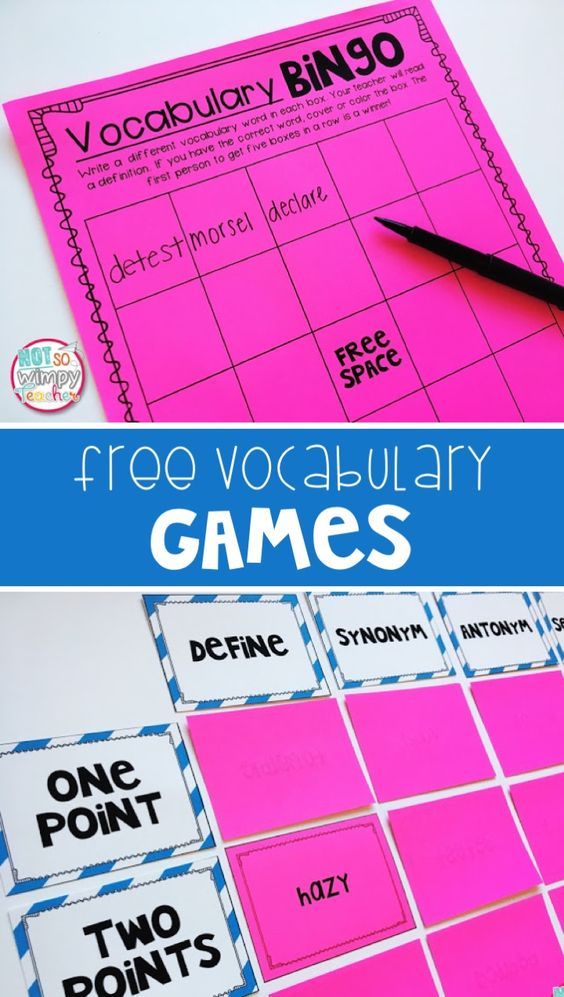
Bulls and cows
A game for two: one participant thinks of a word, and it is agreed in advance how many letters should be in it (usually 4-5). The task of the second is to guess this word by naming other four- or five-letter words; if some letters of the named word are in the hidden one, they are called cows, and if they have the same place inside the word, then these are bulls. Let's imagine that the word "eccentric" is conceived. If the guesser says “dot”, then he receives an answer from the second player: “three cows” (that is, the letters “h”, “k” and “a”, which are in both “eccentric” and “dot”, but in different places). If he then says "head of head", he will no longer get three cows, but two cows and one bull - since the letter "a" in both "eccentric" and "head" is in the fourth position. As a result, sooner or later, it is possible to guess the word, and the players can change places: now the first one will guess the word and count the bulls and cows, and the second one will name his options and track the extent to which they coincide with the one guessed.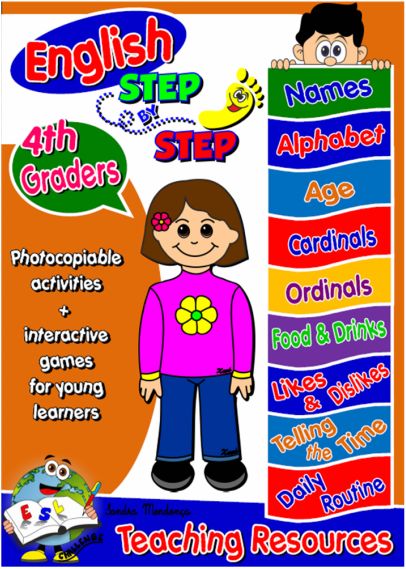 You can also complicate the process by simultaneously guessing your own word and guessing the opponent's word.
You can also complicate the process by simultaneously guessing your own word and guessing the opponent's word.
Intellect
Writing game for the company (but you can also play together), consisting of three rounds, each for five minutes. In the first, players randomly type thirteen letters (for example, blindly poking a book page with their finger) and then form words from them, and only long ones - from five letters. In the second round, you need to choose a syllable and remember as many words as possible that begin with it, you can use single-root ones (for example, if the syllable "house" is selected, then the words "house", "domra", "domain", "domain", "brownie", "housewife", etc.). Finally, in the third round, the syllable is taken again, but now you need to remember not ordinary words, but the names of famous people of the past and present in which it appears, and not necessarily at the beginning - that is, both Karamzin and McCartney will fit the syllable "kar" , and, for example, Hamilcar.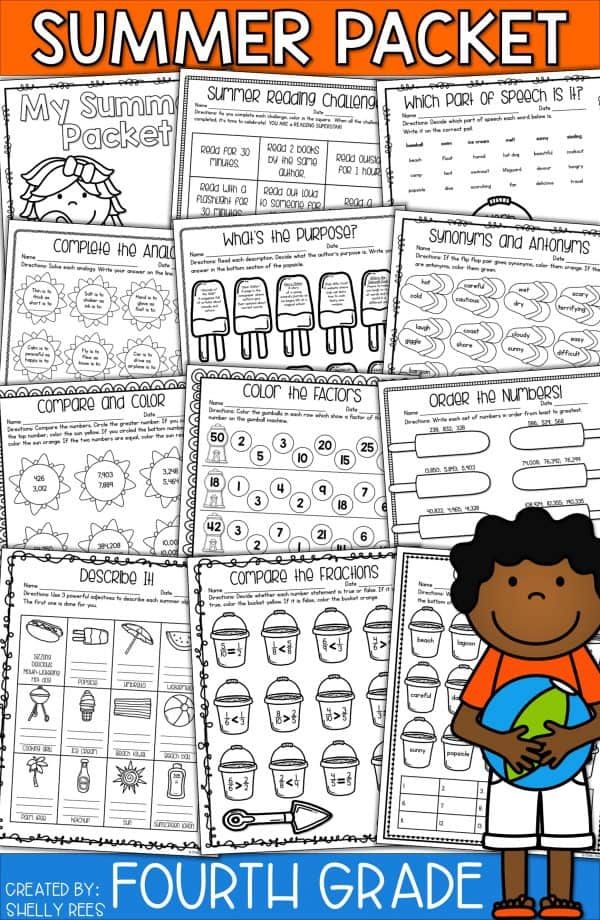 An important detail: since this round provokes the most disputes and scams, game participants can ask each other to prove that this person is really a celebrity, and here you need to remember at least the profession and country. Typical dialogue: "What, you don't know Hamilcar? But this is a Carthaginian commander!” After each round, points are counted: if a particular word is the same for all players, it is simply crossed out, in other cases, players are awarded as many points for it as the opponents could not remember it. In the first round, you can still add points for especially long words. Based on the results of the rounds, it is necessary to determine who took the first, second, third and other places, and add up these places at the end of the game. The goal is to get the smallest number at the output (for example, if you were the winners of all three rounds, then you will get the number 3 - 1 + 1 + 1, and you are the champion; less cannot be purely mathematical).
An important detail: since this round provokes the most disputes and scams, game participants can ask each other to prove that this person is really a celebrity, and here you need to remember at least the profession and country. Typical dialogue: "What, you don't know Hamilcar? But this is a Carthaginian commander!” After each round, points are counted: if a particular word is the same for all players, it is simply crossed out, in other cases, players are awarded as many points for it as the opponents could not remember it. In the first round, you can still add points for especially long words. Based on the results of the rounds, it is necessary to determine who took the first, second, third and other places, and add up these places at the end of the game. The goal is to get the smallest number at the output (for example, if you were the winners of all three rounds, then you will get the number 3 - 1 + 1 + 1, and you are the champion; less cannot be purely mathematical).
 B. C. Trim, alphabet enchanté. Illustrations by Bertal. France, 1861 Wikimedia Commons
B. C. Trim, alphabet enchanté. Illustrations by Bertal. France, 1861 Wikimedia Commons Frame
A game for any number of people, which was invented by one of the creators of the Kaissa chess program and the author of the anagram search program Alexander Bitman. First, the players choose several consonants - this will be the frame, the skeleton of the word. Then the time is recorded (two or three minutes), and the players begin to “stretch” vowels (as well as “й”, “ь”, “ъ”) onto the frame to make existing words. Consonants can be used in any order, but only once, and vowels can be added in any number. For example, players choose the letters "t", "m", "n" - then the words "fog", "cloak", "mantle", "coin", "darkness", "ataman", "dumbness" and other. The winner is the one who can come up with more words (as usual, these should be common nouns in the singular). The game can be played even with one letter, for example, "l". The words “silt”, “lay”, “yula”, “aloe”, “spruce” are formed around it, and if we agree that the letter can be doubled, “alley” and “lily”.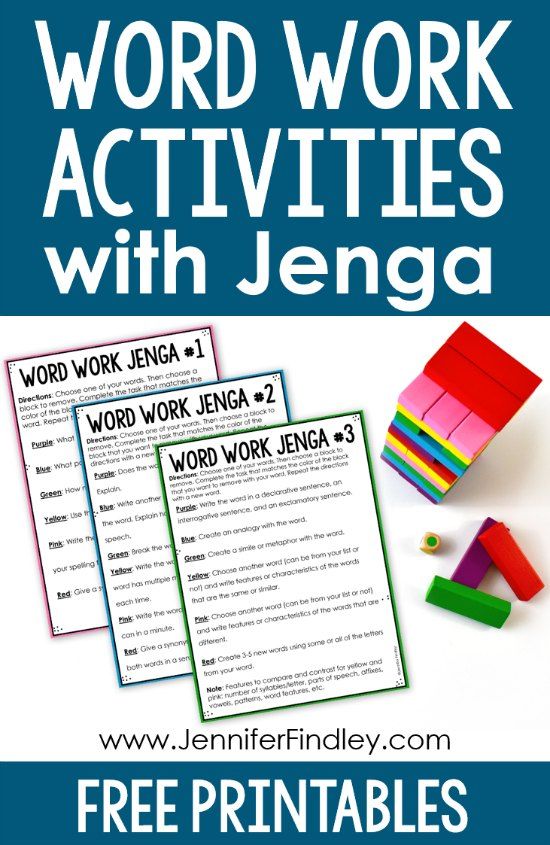 If the standard "framework" is mastered, then the task may be to compose a whole phrase with one consonant: a textbook example from the book by Evgeny Gik - "Bobby, kill the boy and beat the woman at the baobab."
If the standard "framework" is mastered, then the task may be to compose a whole phrase with one consonant: a textbook example from the book by Evgeny Gik - "Bobby, kill the boy and beat the woman at the baobab."
Chain of words
Game for any number of players. Many people know it under the name "How to make an elephant out of a fly", and it was invented by the writer and mathematician Lewis Carroll, the author of "Alice". The “chain” is based on metagram words, that is, words that differ by only one letter. The task of the players is to turn one word into another with the least number of intermediate links. For example, let's make a "goat" from a "fox": FOX - LINDE - PAW - KAPA - KARA - KORA - GOAT. It is interesting to give tasks with a plot: so that the “day” turns into “night”, the “river” becomes the “sea”. The well-known chain, where the "elephant" grows out of the "fly", is obtained in 16 moves: FLY - MURA - TURA - TARA - KARA - KARE - CAFE - KAFR - MURDER - KAYUK - HOOK - URIK - LESSON - TERM - DRAIN - STON - ELEPHANT (example of Evgeny Gik).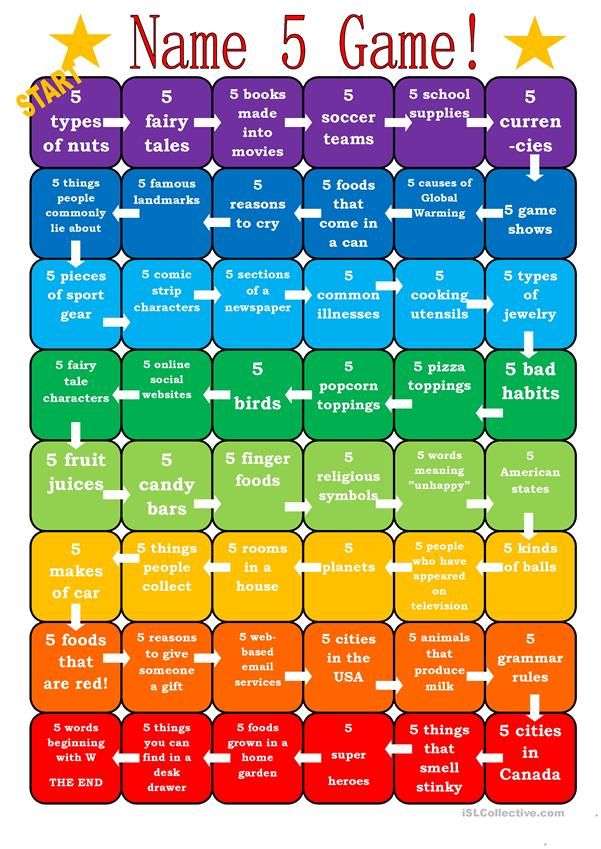 For training, you can compete in the search for metagrams for any word. For example, the word "tone" gives "sleep", "background", "current", "tom", "tan" and so on - whoever scores more options wins.
For training, you can compete in the search for metagrams for any word. For example, the word "tone" gives "sleep", "background", "current", "tom", "tan" and so on - whoever scores more options wins.
Hat
A game for a company of four people, requiring simple equipment: pens, paper and a “hat” (an ordinary plastic bag will do). Sheets of paper need to be torn into small pieces and distributed to the players, the number of pieces depends on how many people are playing: the larger the company, the less for each. Players write words on pieces of paper (one for each piece of paper) and throw them into the "hat". There are also options here - you can play just with words (noun, common noun, singular), or you can play with famous people or literary characters. Then the participants are divided into teams - two or more people each; the task of each - in 20 seconds (or 30, or a minute - the timing can be set at your own choice) to explain to your teammates the largest number of words arbitrarily pulled out of the "hat", without using the same root.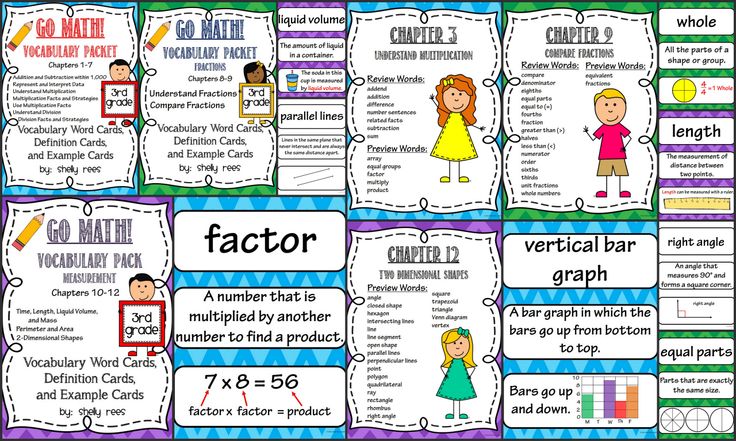 If the driver could not explain a word, it returns to the hat and will be played by the other team. At the end of the game, the words guessed by different representatives of the same team are summed up, their number is counted, and the team that has more pieces of paper is awarded the victory. A popular version of the game: everything is the same, but in the first round the players explain the words (or describe the characters) orally, in the second round they show in pantomime, in the third round they explain the same words in one word. And recently a board game has appeared, where you need not only to explain and show, but also to draw.
If the driver could not explain a word, it returns to the hat and will be played by the other team. At the end of the game, the words guessed by different representatives of the same team are summed up, their number is counted, and the team that has more pieces of paper is awarded the victory. A popular version of the game: everything is the same, but in the first round the players explain the words (or describe the characters) orally, in the second round they show in pantomime, in the third round they explain the same words in one word. And recently a board game has appeared, where you need not only to explain and show, but also to draw.
Telegrams
Game for any number of players. The players choose a word, for each letter of which they will need to come up with a part of the telegram - the first letter will be the beginning of the first word, the second - the second, and so on. For example, the word "fork" is selected. Then the following message can become a telegram: “The camel is healed.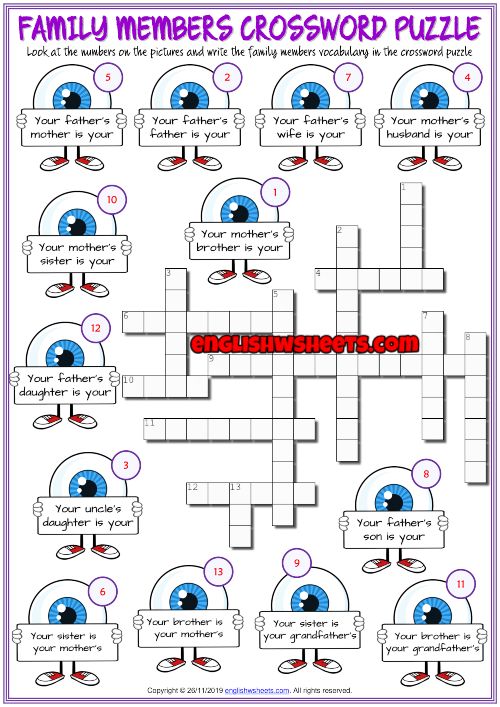 I'm flying a crocodile. Aibolit". Another round of the game is the addition of genres. Each player gets the task to write not one, but several telegrams from the same word - business, congratulatory, romantic (the types of messages are agreed in advance). Telegrams are read aloud, the next word is chosen.
I'm flying a crocodile. Aibolit". Another round of the game is the addition of genres. Each player gets the task to write not one, but several telegrams from the same word - business, congratulatory, romantic (the types of messages are agreed in advance). Telegrams are read aloud, the next word is chosen.
even more different games for one or a company
Home games
Shadow theater, crafts and paper dolls from children's books and magazines of the XIX-XX centuries Ring and other games
Games from classic books
What do the heroes of the works of Nabokov, Lindgren and Milne play
A children's course on where games, jokes, horror stories and memes come from and why we need them
Children's room
Special project
Children's room Arzamas
Sources
- Balandin B.
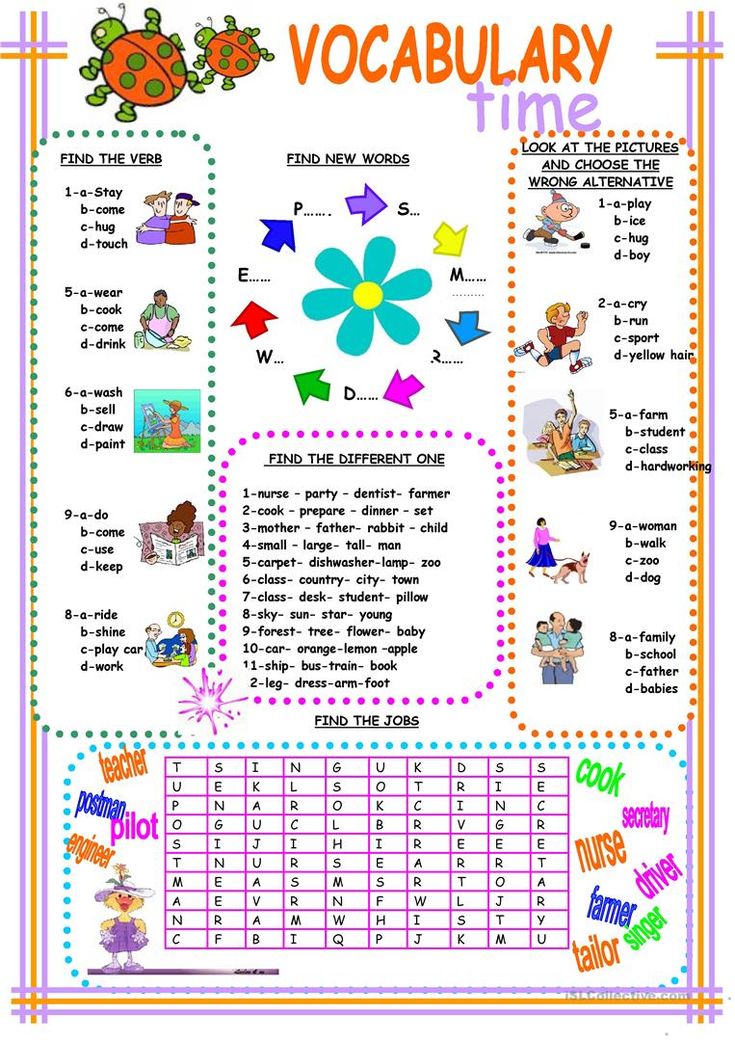 B. Big book of intellectual games and entertaining questions for smart people and smart girls.
B. Big book of intellectual games and entertaining questions for smart people and smart girls. M., 2008.
- Bocharova A. G., Goreva T. M., Okun V. Ya. 500 wonderful children's games.
M., 1999.
- Geek E. Ya. Entertaining mathematical games.
M., 1987.
- Fedin S. N. The best games with words.
M., 2001.
- Firsova L. M. Games and entertainment. Book 1.
M., 1989.
Tags
Kids
Game
Entertainment
New Deal! Languages of architecture of the 20th century
Lectures by Alexander Ostrogorsky on how the architectural styles that surround us arose and were transformed, as well as a guide to these styles, a musical game and a test to help you choose the perfect home
© Arzamas 2022. All rights reserved
What can I do to avoid losing my subscription after Visa and Mastercard leave Russia? Instructions here
7 word games suitable for children of all ages
When there is no energy left for active and demanding games, word games come to the rescue.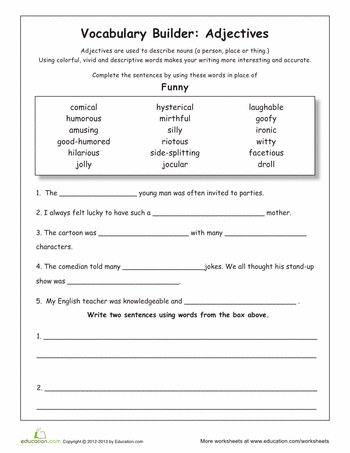 We've put together a selection of seven cool games that all you need to do is be in the company of more than two people and be in a good mood! You can also play them via video link.
We've put together a selection of seven cool games that all you need to do is be in the company of more than two people and be in a good mood! You can also play them via video link.
1. "Guess the word!"
Number of players: from 2 people
Very simple and funny game. Headphones are put on one player, in which music plays loudly so that he does not hear anything. His task is to guess the word by the lips when another player says it. If several people are involved, then you can explain the word in turn or split into pairs.
2. "I never..."
Number of players: from 2 people
Today, this game has many variations. We offer the most common version. Participants take turns to name some action that they have never done. For example, player A says, "I've never been late for class." Everyone who was late for them bends one finger. The game continues until one of the participants has all their fingers bent. According to the main version of the game, the person who was the first to bend all the fingers lost, but lived the most eventful life!
By the way, you can also play in English if you want a different level of difficulty.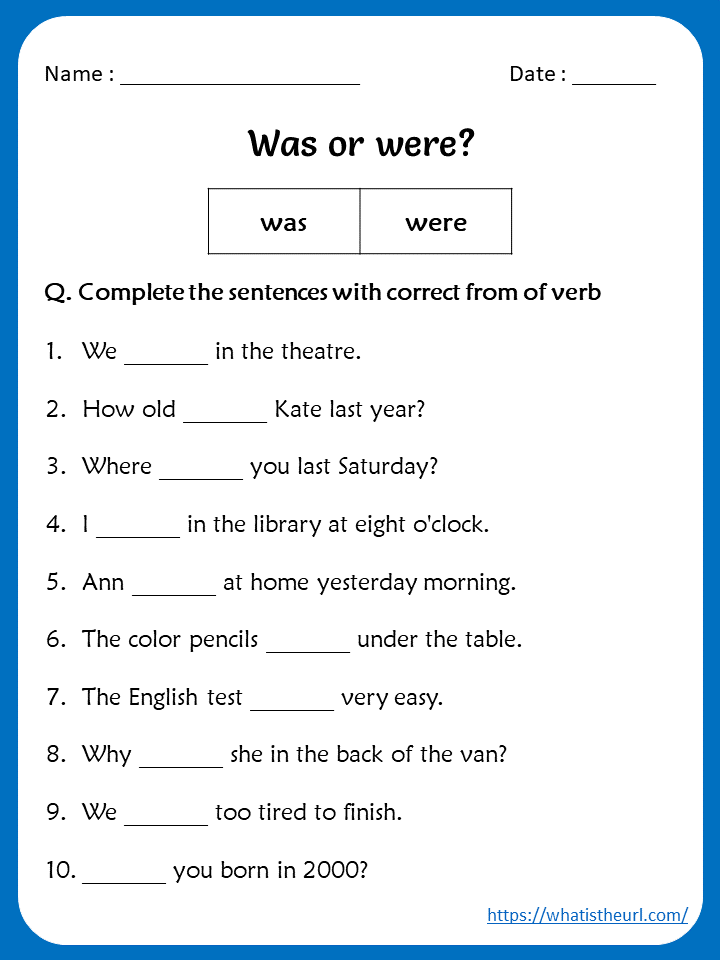
3. "Thematic words"
Number of players: from 2 people
The rules of the game are extremely simple. You and other participants need to come up with a topic on which you will name the words. For example, "school". Then all participants in a circle should name nouns that relate to the main topic. If one of the participants thinks for more than five seconds or repeats an already spoken word, he is eliminated. The last one left wins. When the circle is over, you can start a new one on a different topic until one of the participants wins, for example, three times.
4. "P"
Number of players: from 3 people
First, all players need to agree on which words will be used throughout the game: only nouns, or names, verbs and phrases can be used. Then one player guesses a word in the ear of the other. He must explain it to another participant in the game, using only words that begin with the letter "p" to describe it. For example: “Please look, think, the postman brings mail .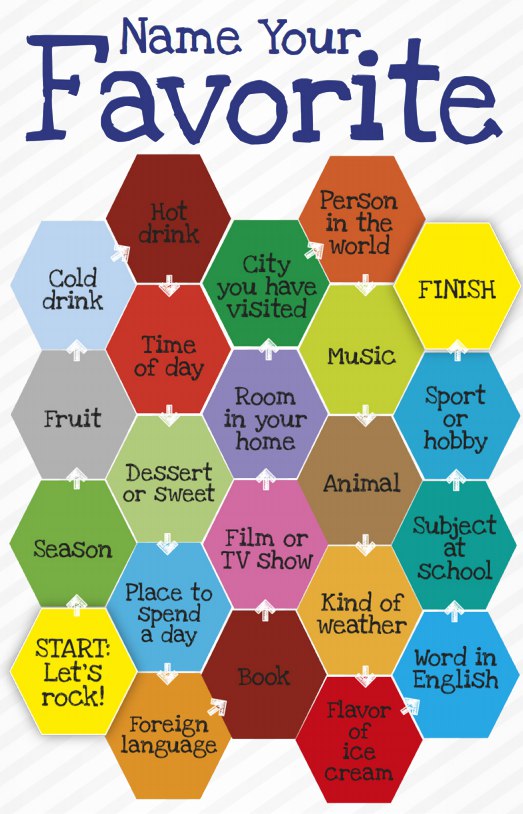 ..” The task of all players is to name the hidden word. When it is named, the explainer comes up with a new one for the guesser.
..” The task of all players is to name the hidden word. When it is named, the explainer comes up with a new one for the guesser.
If this version of the game is already fed up, we suggest guessing not only a word, but also a letter with which the player needs to explain the word.
By the way, the explainer also needs to express agreement or disagreement with the train of thought of the players who guess, only in words beginning with the chosen letter. For example, "right" and "think better."
5. “I take with me on a hike…”
Number of players: from 3 people
At the beginning of the game, you need to choose a leader. This person must come up with a principle by which he will take others with him on a campaign. For example, those who name objects with a specific letter, or those whose words consist of five letters.
Next, the players take turns saying the phrase "I'm taking with me on a hike ..." and naming the object. If he fits the conceived principle, then the leader answers: "Yes, and you are going on a hike with me. " If the word does not fit: "No, you are not going camping with me."
" If the word does not fit: "No, you are not going camping with me."
The task of all players is to guess the principle by which the leader selects people. If one of the participants guesses, he should quietly express his guess in the ear of the presenter or write on the phone. The game continues until everyone has guessed the principle.
6. Alibi
Number of players: from 4 people
At the beginning of the game, you need to choose two people who will play the role of criminals. They must isolate themselves from the rest in another room and think through to the smallest detail what they did together on the day they robbed the bank: what the weather was like, what they were wearing, who they met on the street, the whole sequence of actions. The main goal of criminals is to come up with the perfect alibi.
While they are doing this, the other players turn into detectives. They need to come up with 10-15 questions that they will ask the criminals in order to bring them to clean water and solve the crime.
When both teams are ready, the first criminal enters the room and begins to tell what he did on the day of the crime, from morning to evening. It is important that the second criminal at this moment remains in another room and does not hear the speech of the first. When the first one finishes speaking, the detectives ask him prepared questions and memorize the answers. After that, the second criminal enters the room, tells his story and also answers questions.
The team of detectives wins the game if they find three inconsistencies in the criminals' story. For example, one said that they were traveling in the morning by bus, and the other by car. If no disagreement is found, then the team of criminals wins. The number of questions and inconsistencies may change at the request of the participants.
7. "Contact"
Number of players: from 4 people
At the beginning of the game, a leader is chosen. He thinks of a word - a noun in the singular.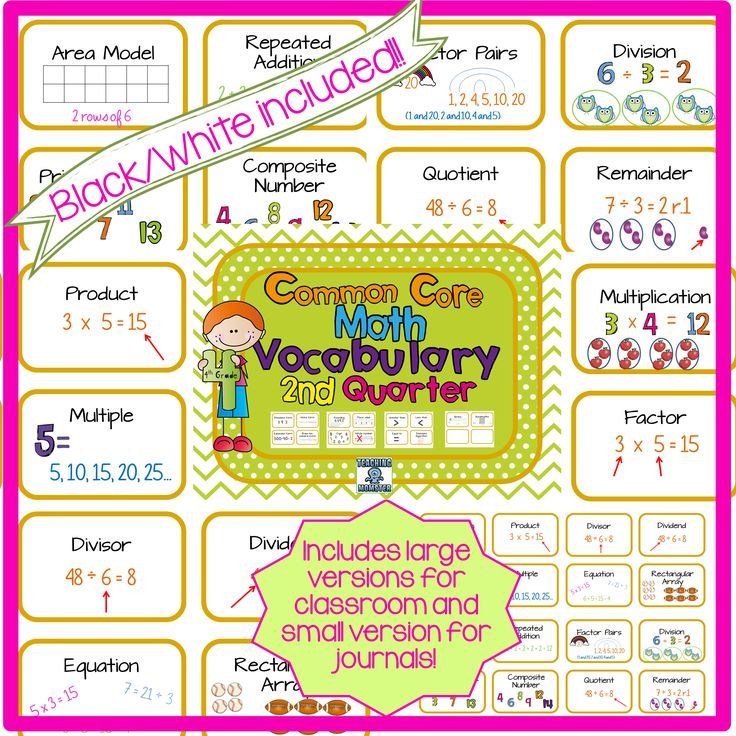 And calls the other participant the first letter. For example, "a".
And calls the other participant the first letter. For example, "a".
Next, any player from the team who has come up with a word for this letter must begin to explain it to his teammates. It is necessary that they guess, but not the host. For example, Sasha says: "This is such a sweet large red fruit that everyone eats in the summer." If one of the players guessed what it was about, he should say: "There is a contact." After that, they together count aloud from one to five. If the word matches, the leader calls the next letter. For example, in". Players must now come up with words based on the beginning with "av". If the words of the players did not match or the leader managed to name the word while two players counted to five, then the participants continue to play with one letter.
Explain with an example. The host announces that his word begins with the letter "a". Sasha comes up with any word and says: “Guys, this is such a public transport ...” Roma guesses what it is about and says: “There is a contact!” Together they count to five, and both say the word "bus" aloud.